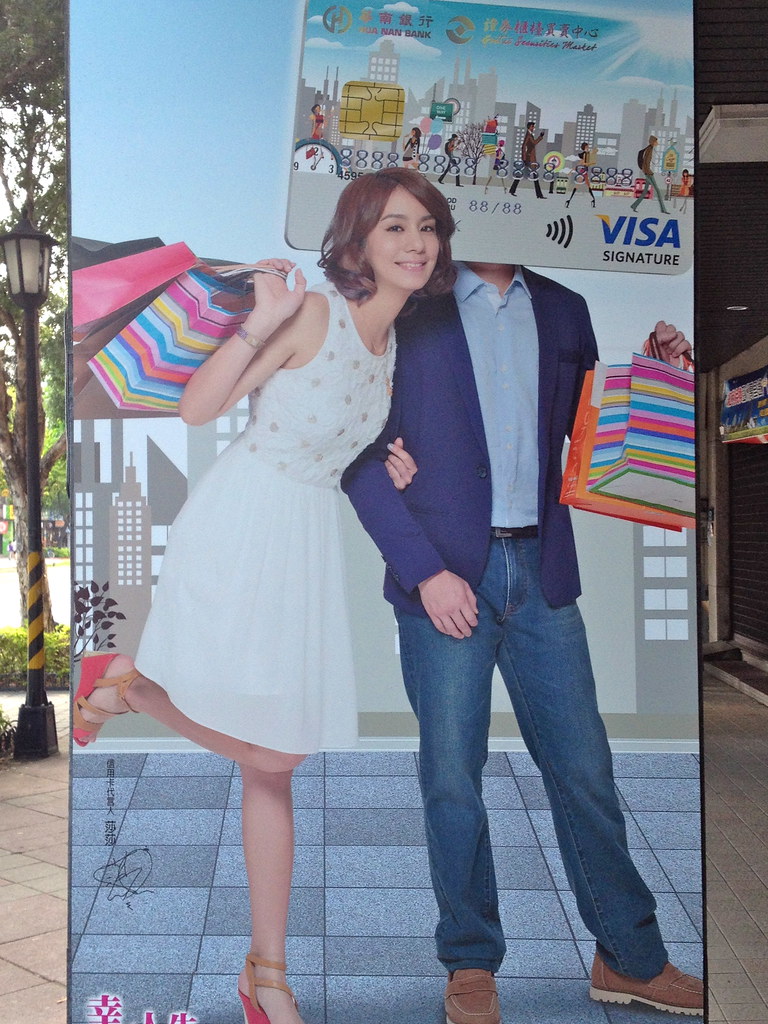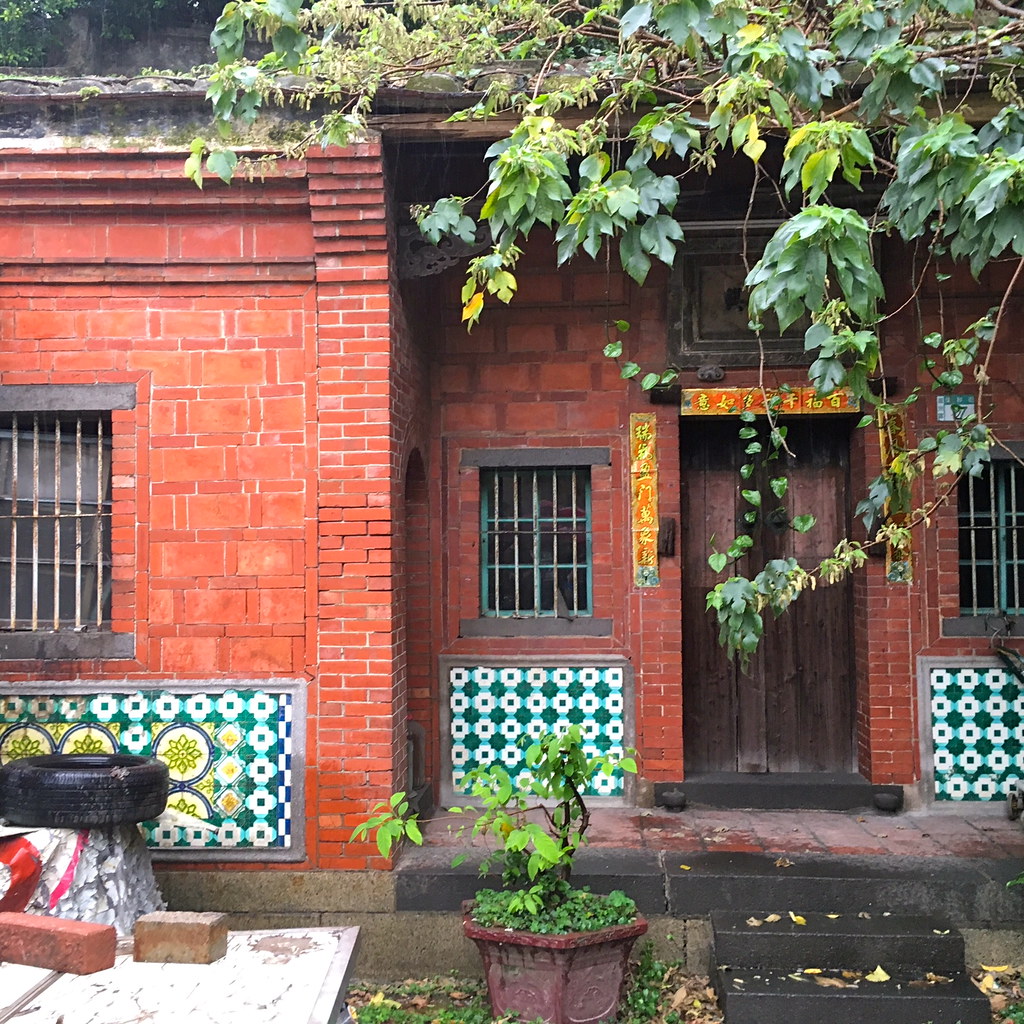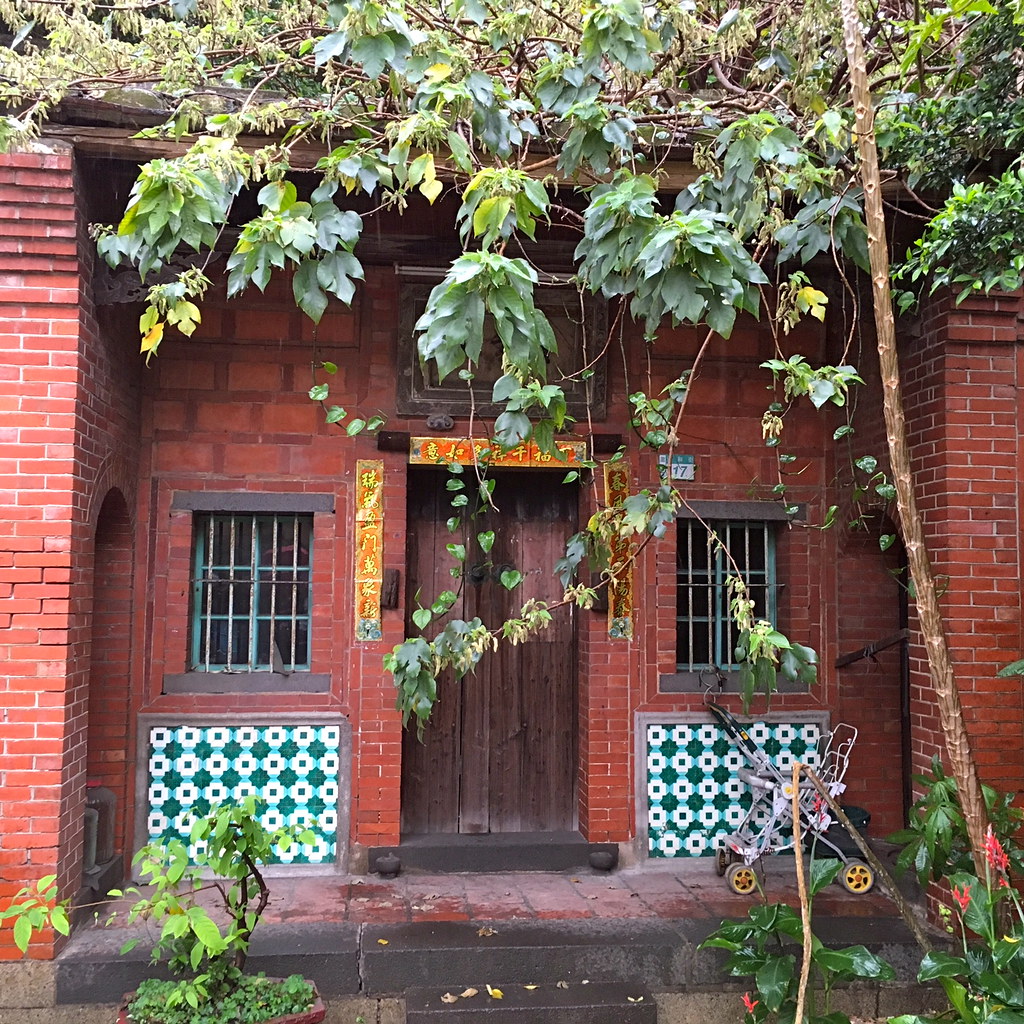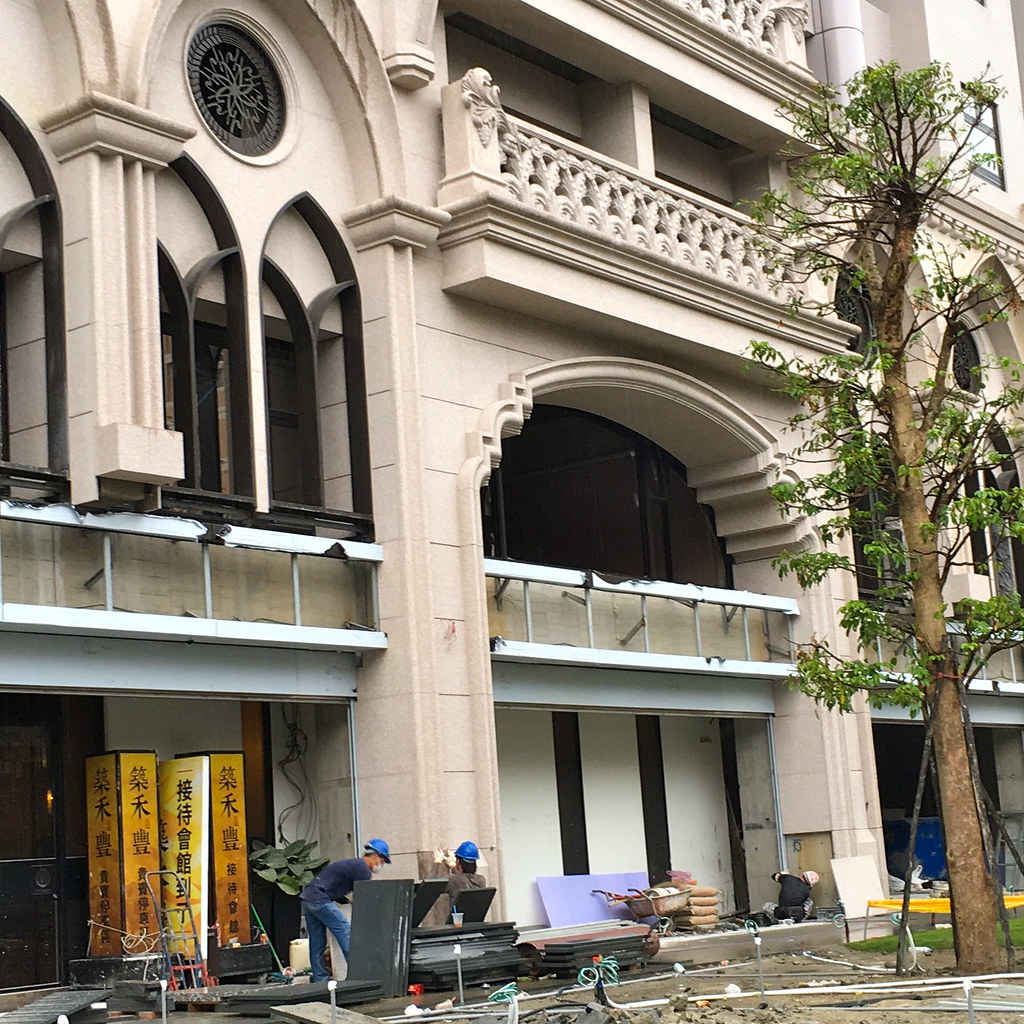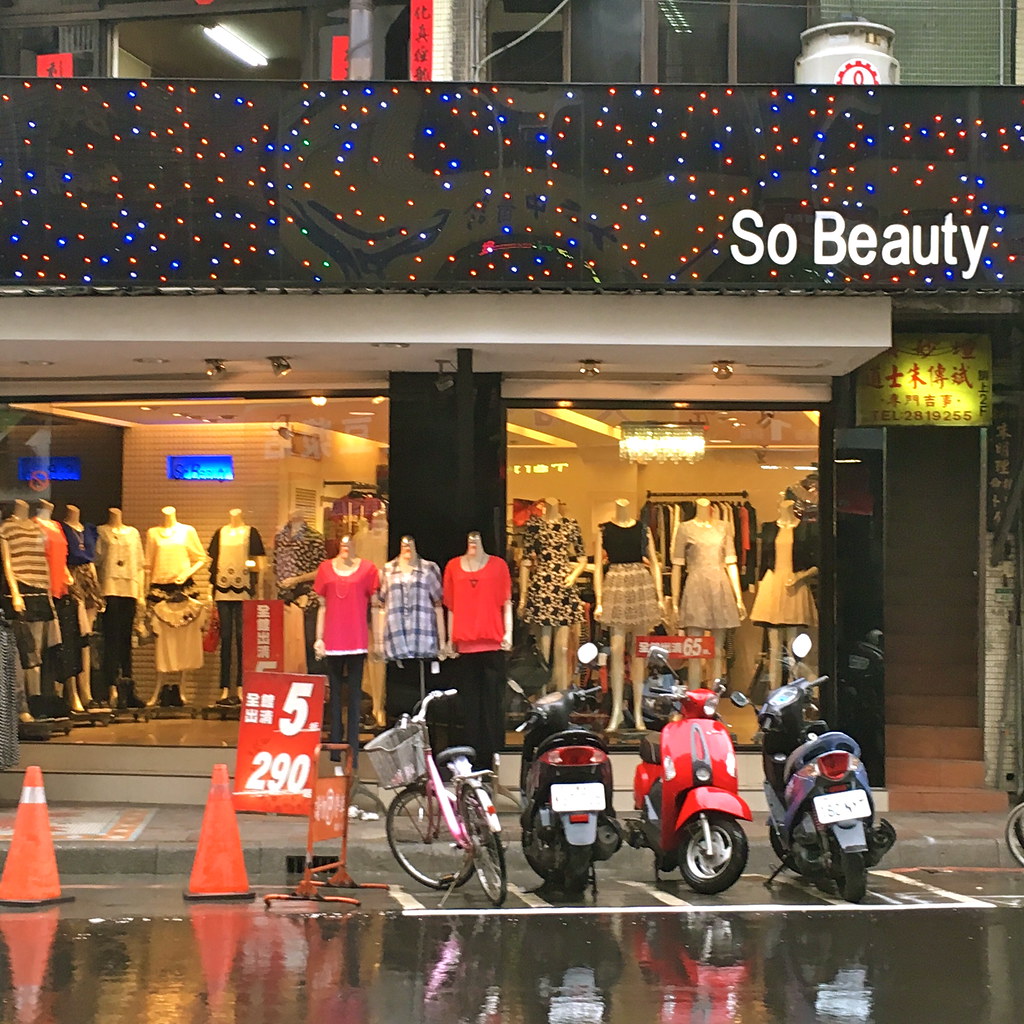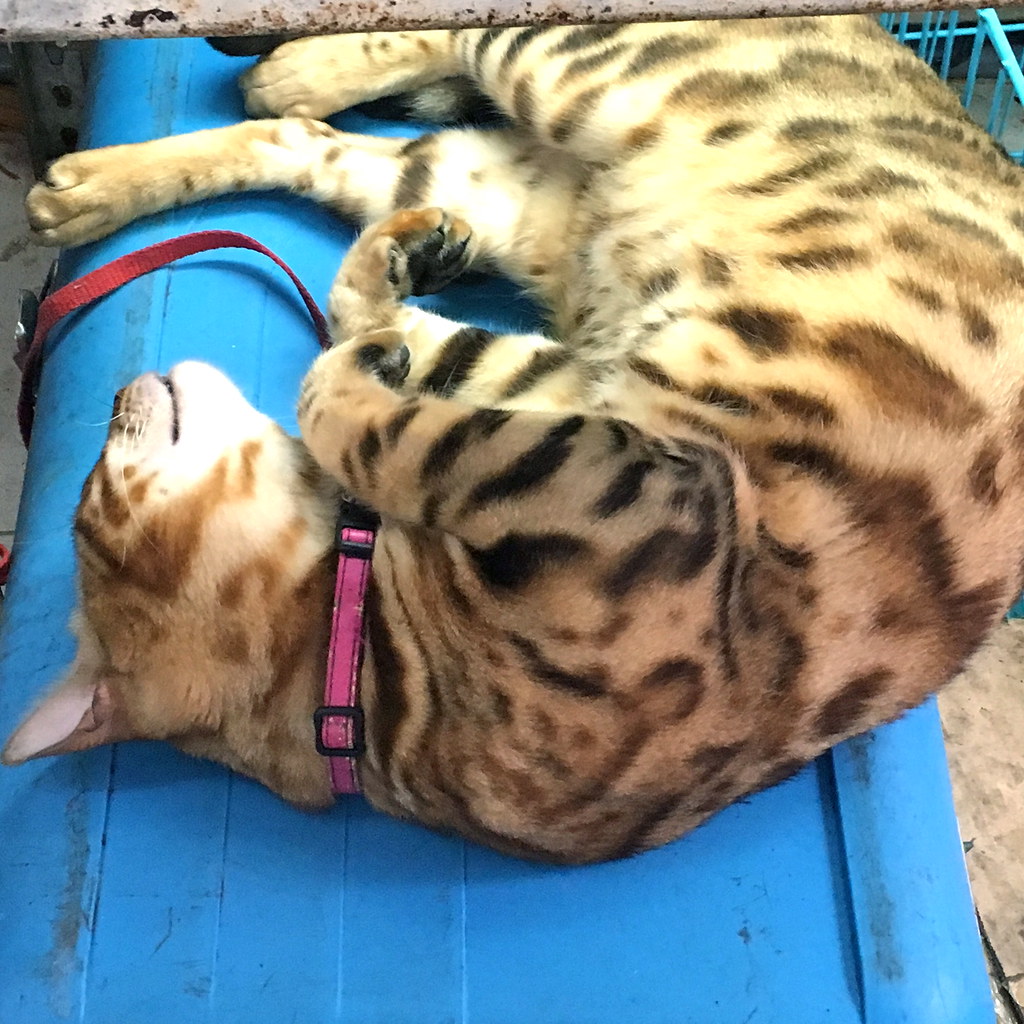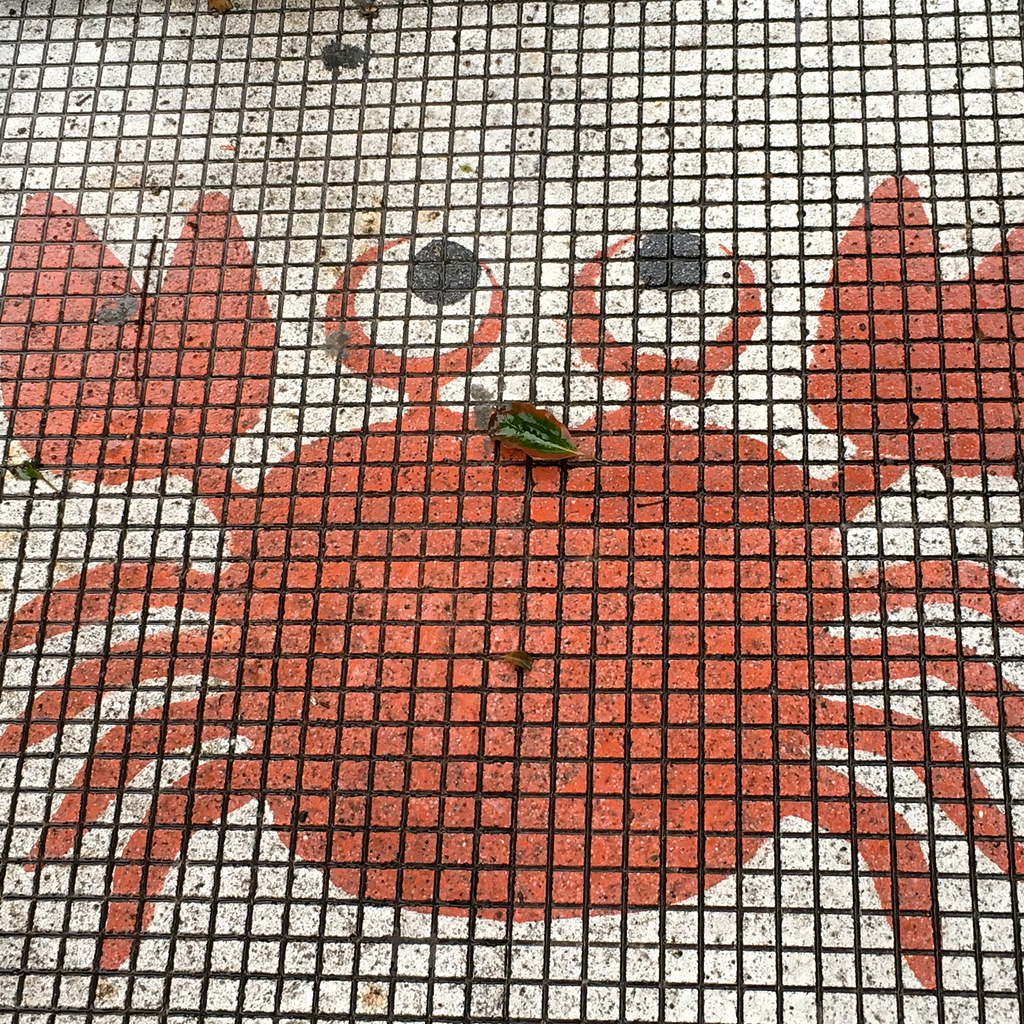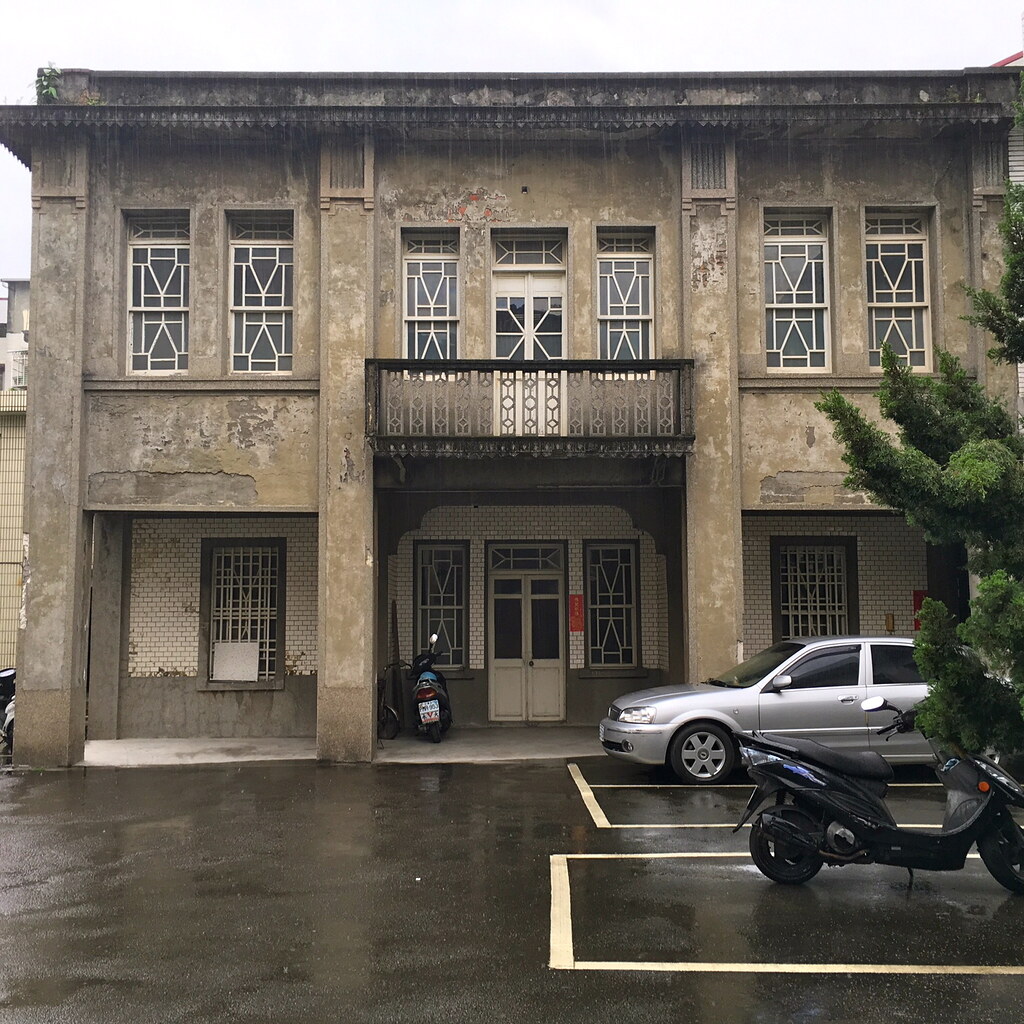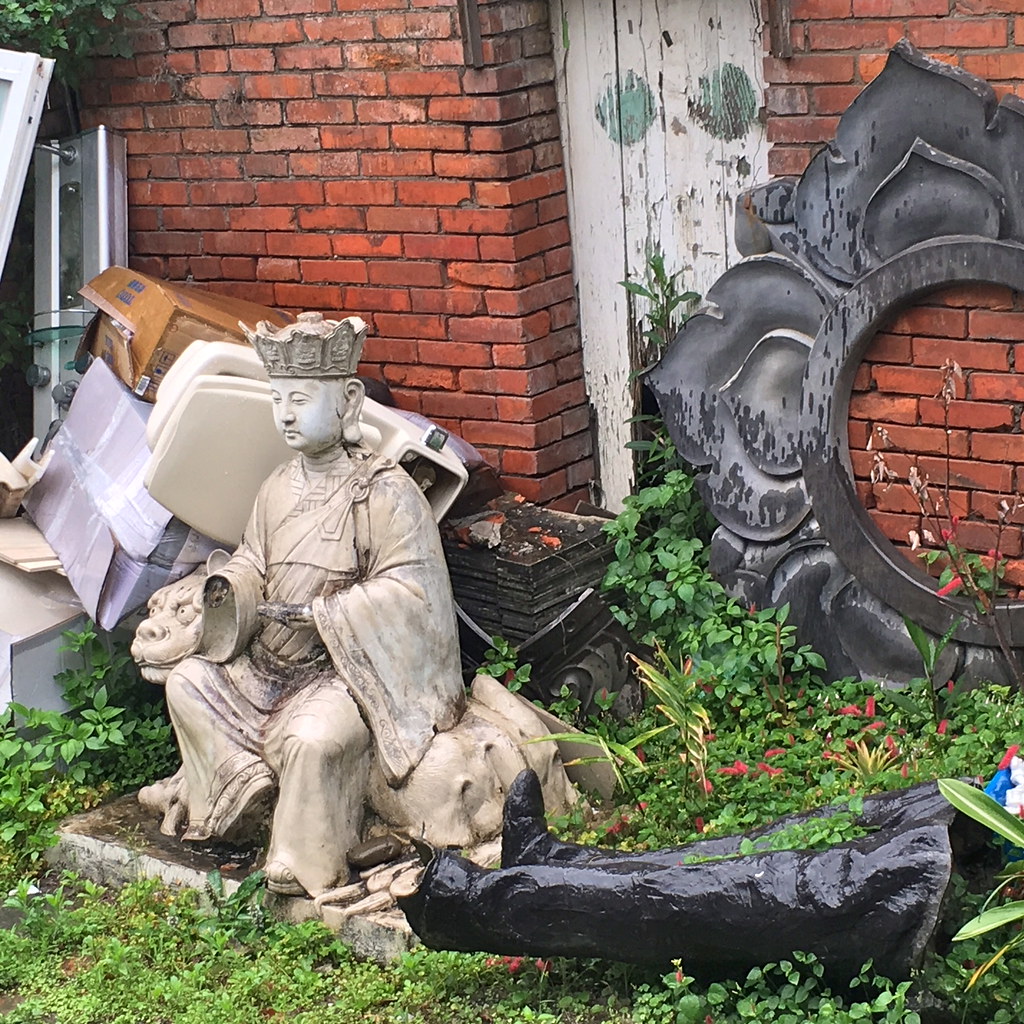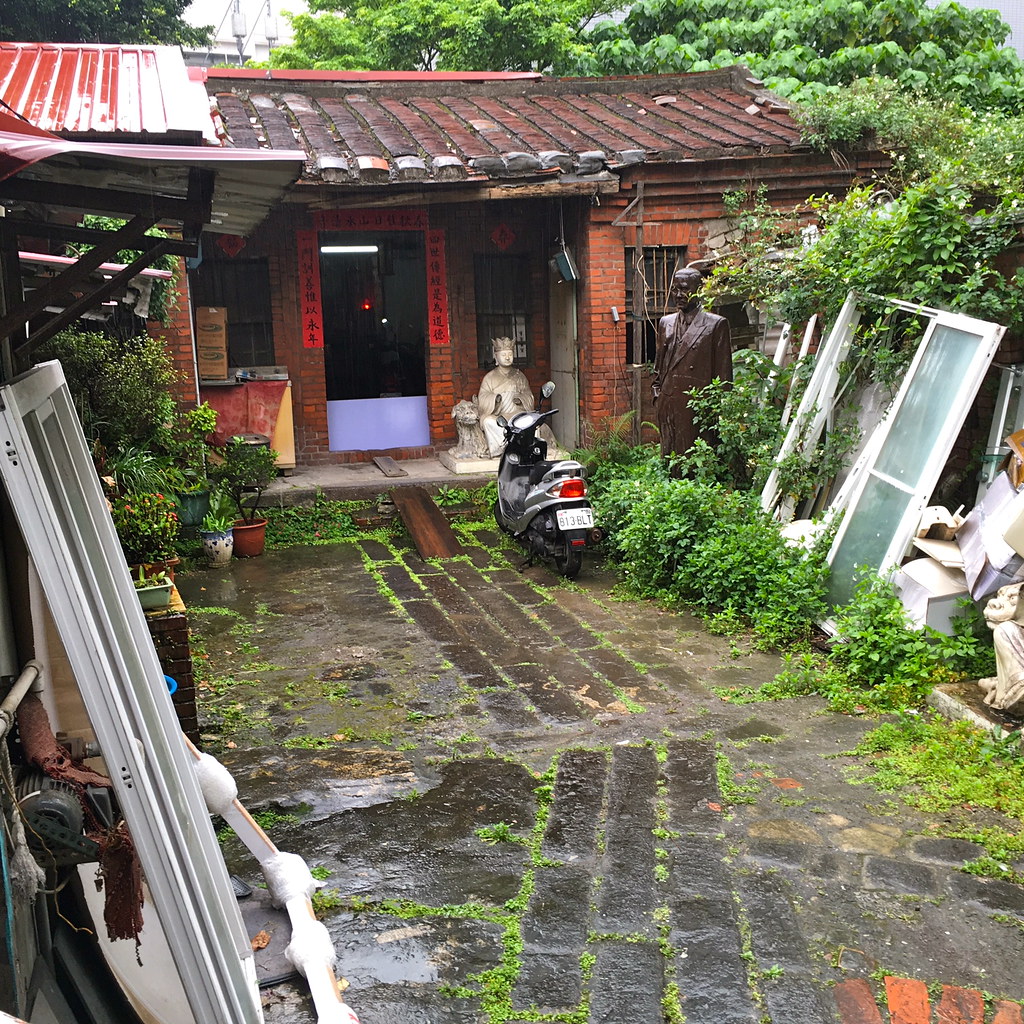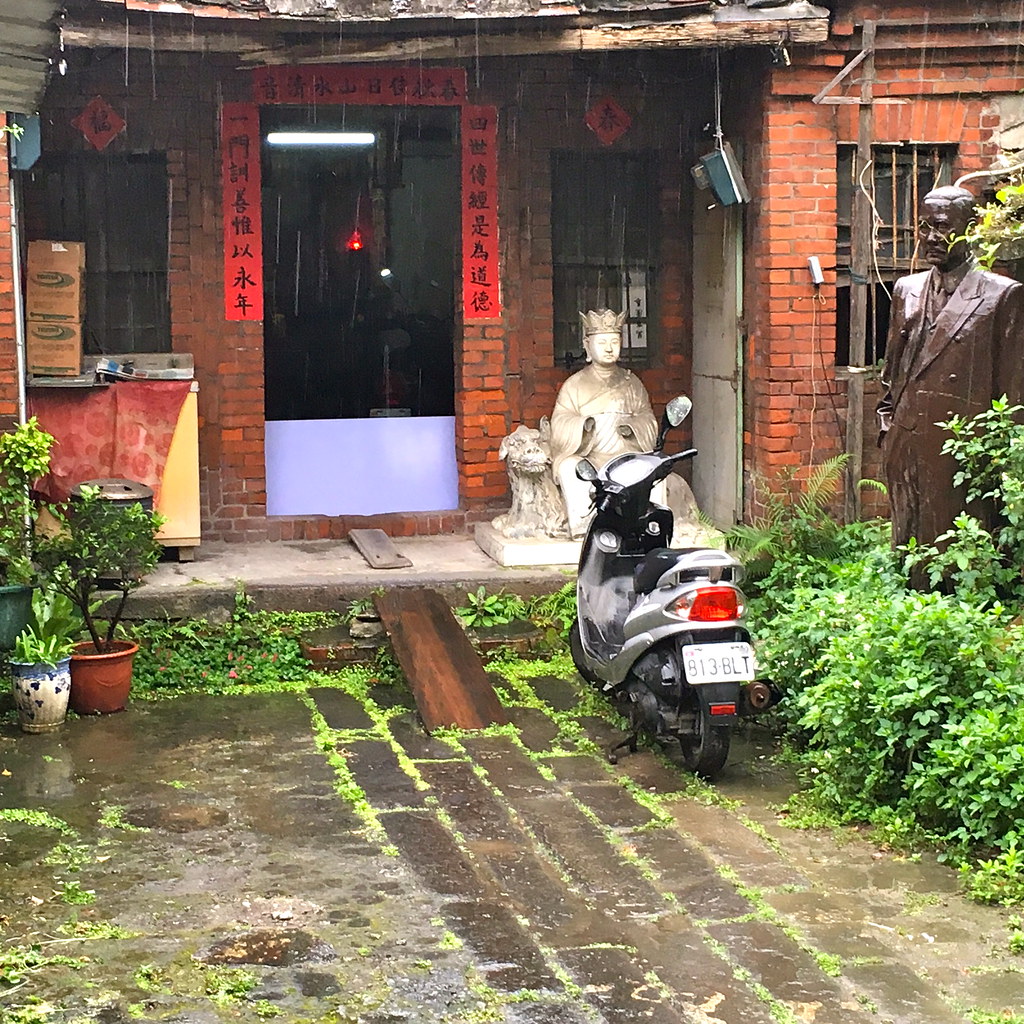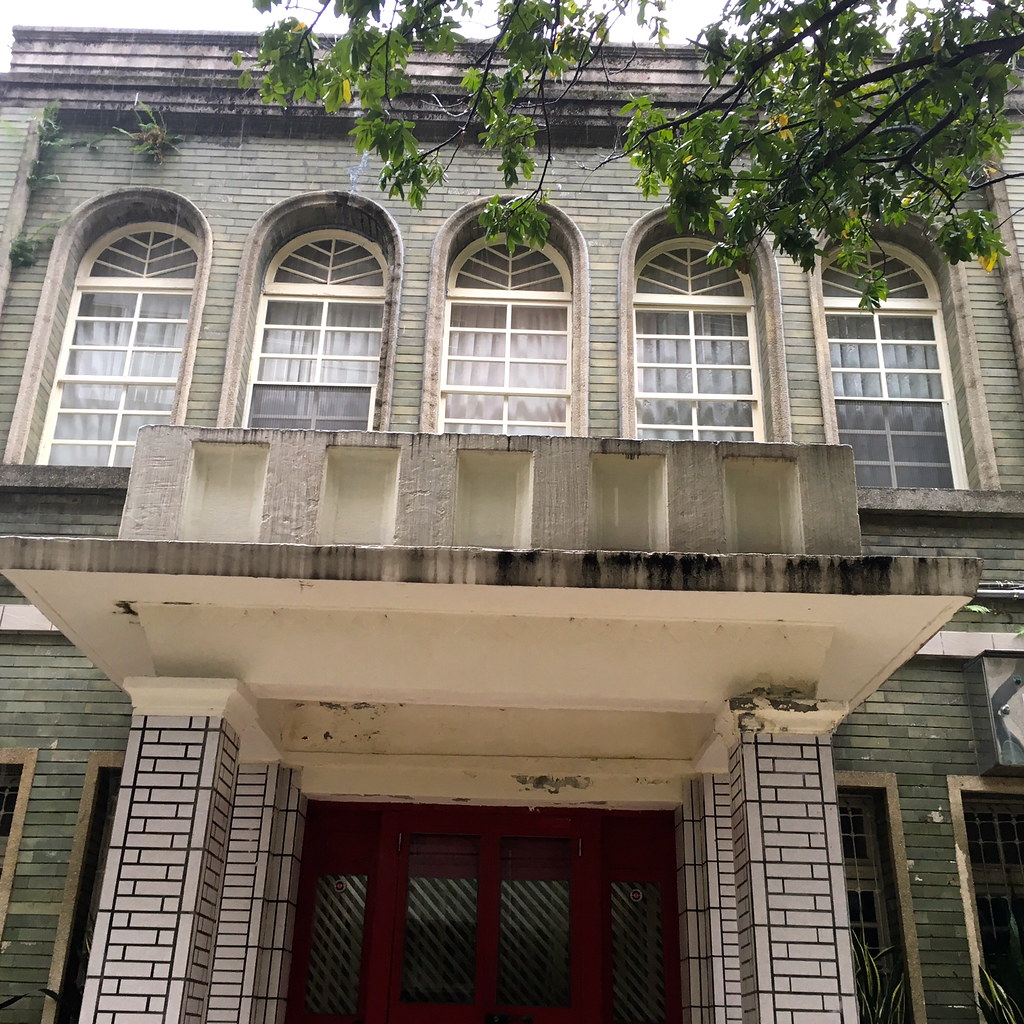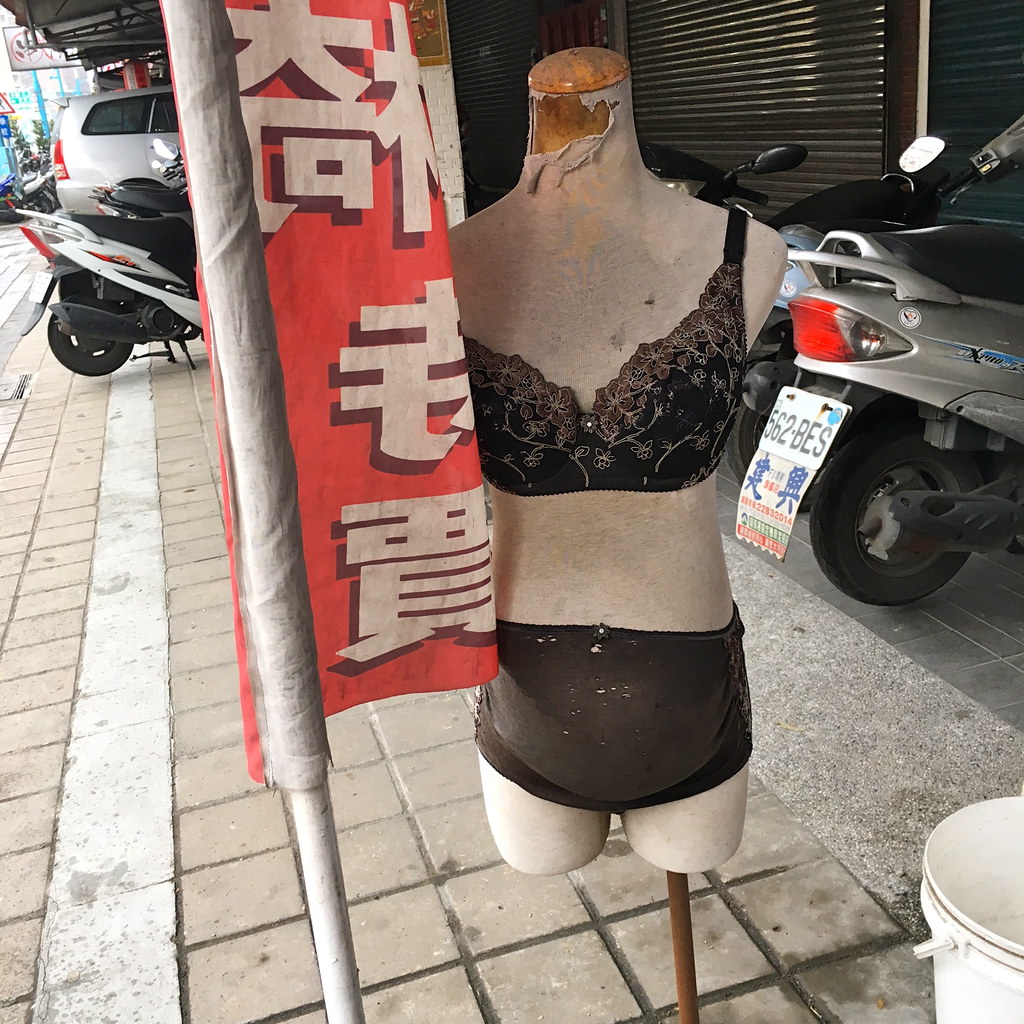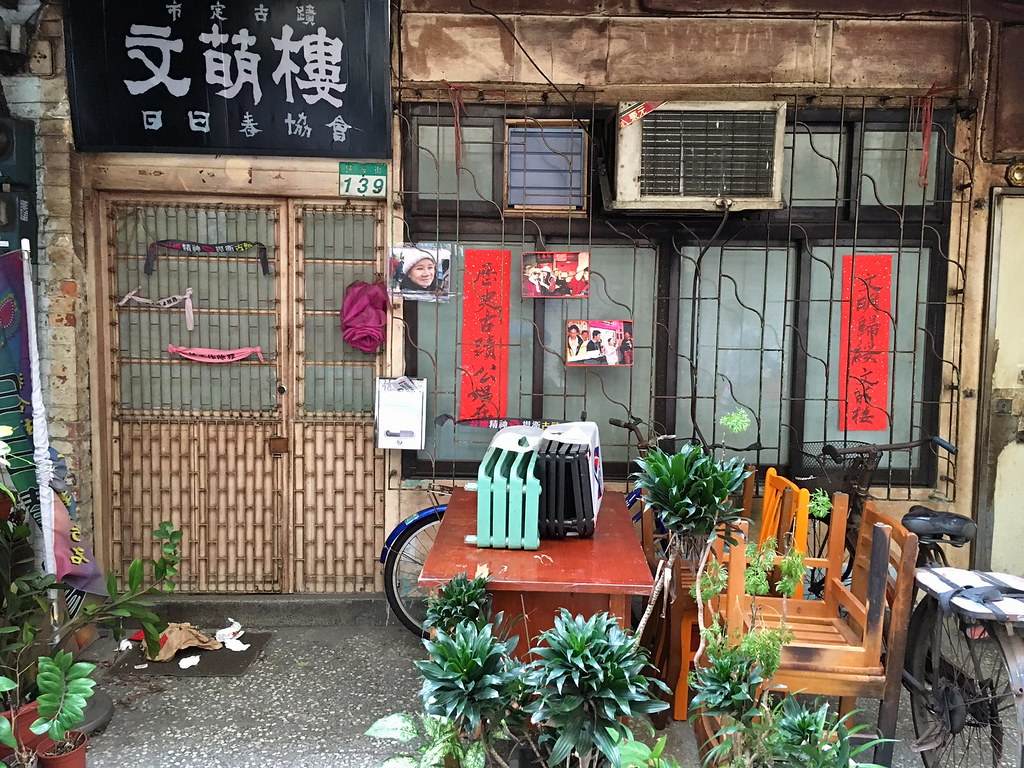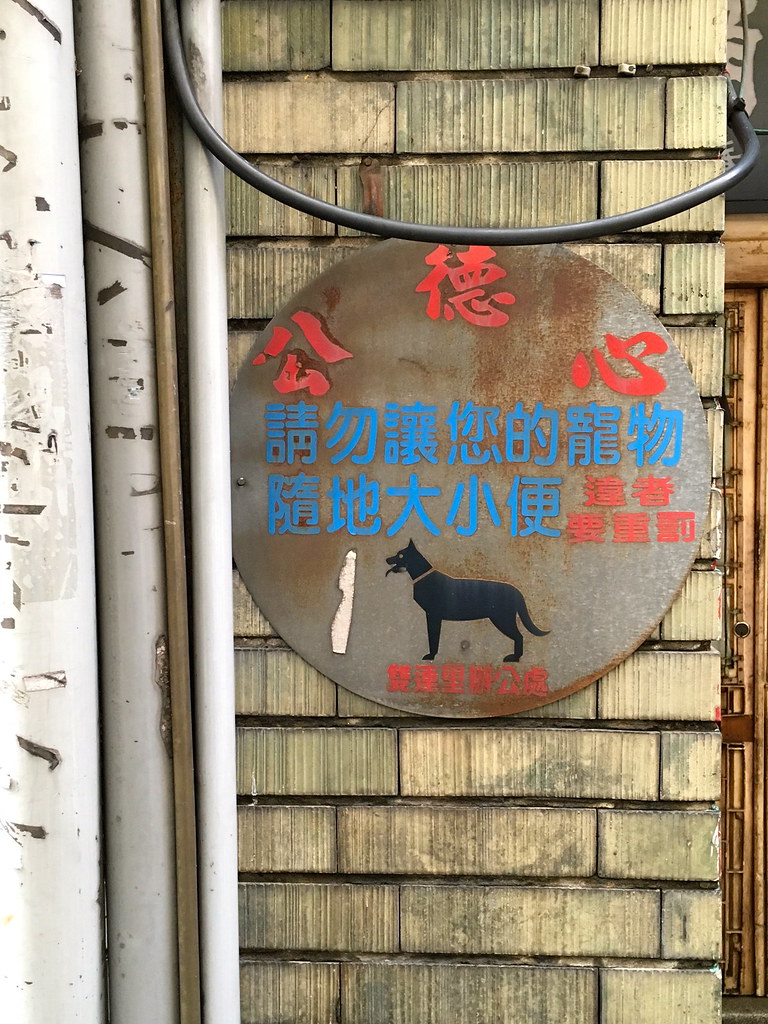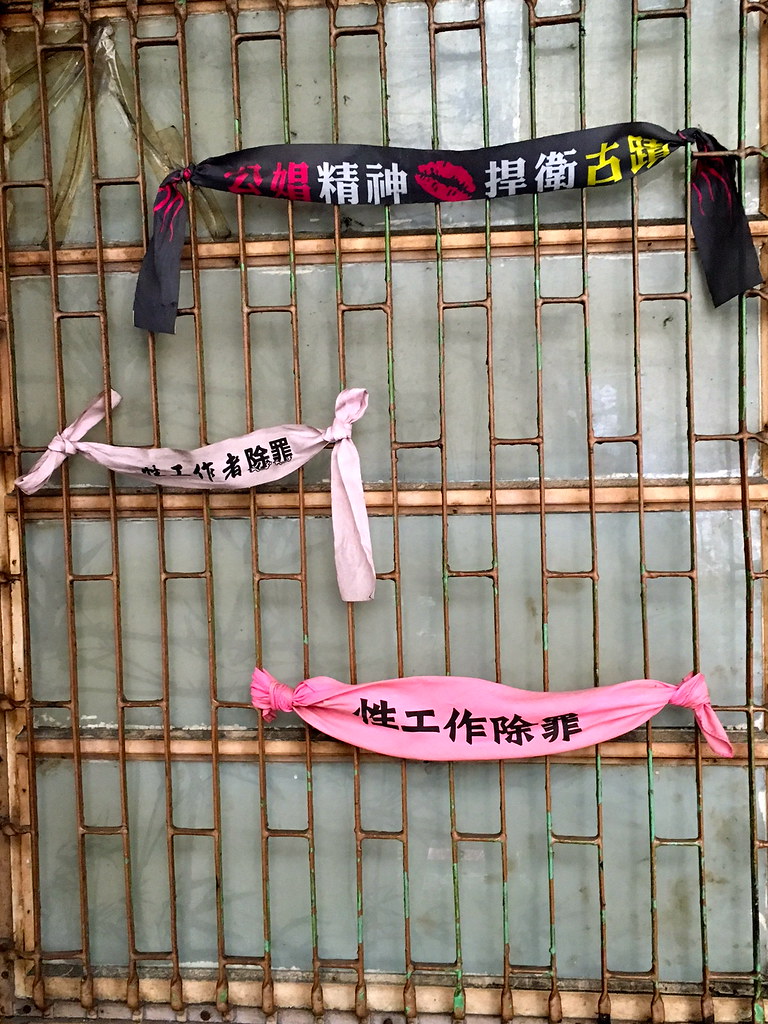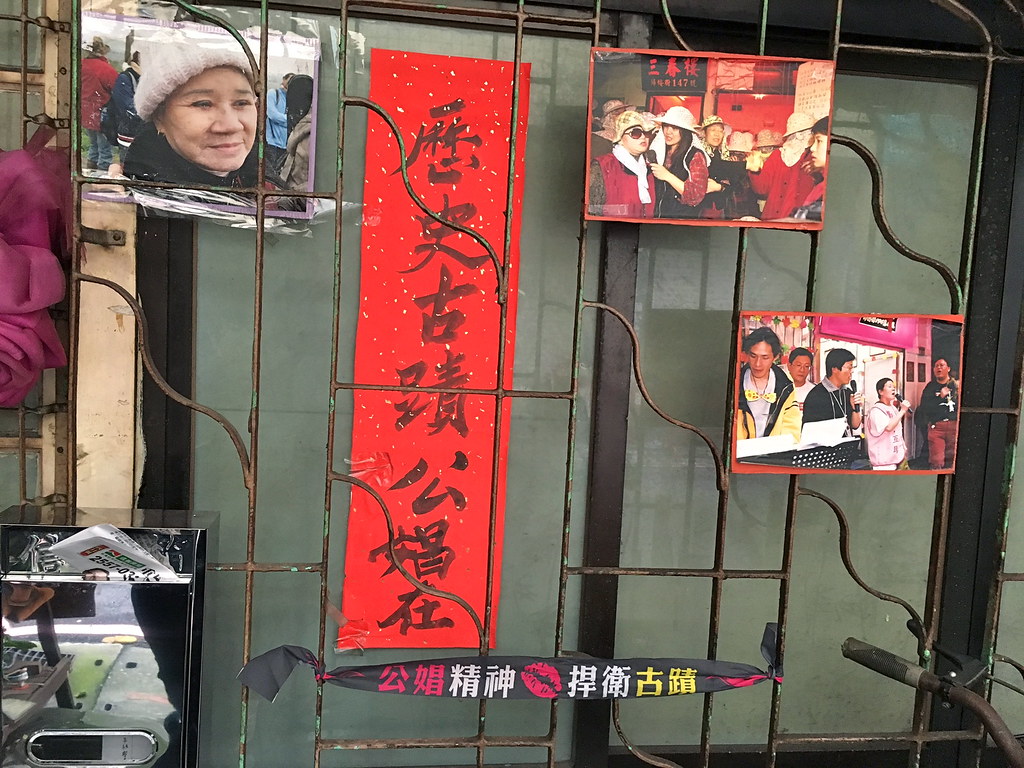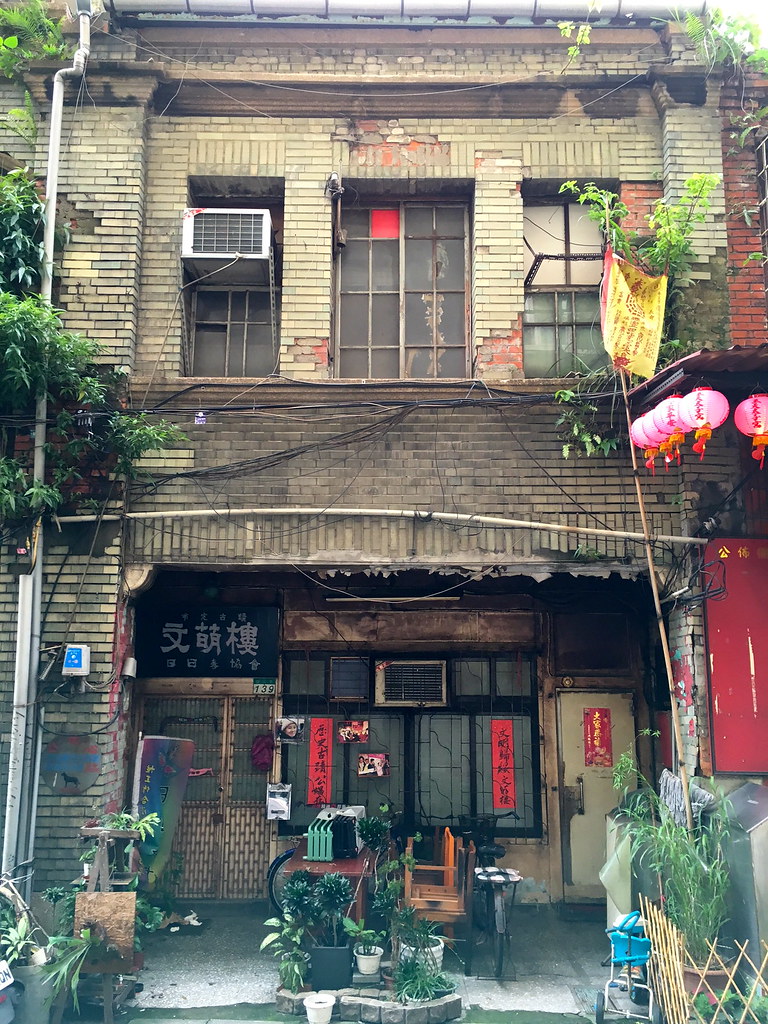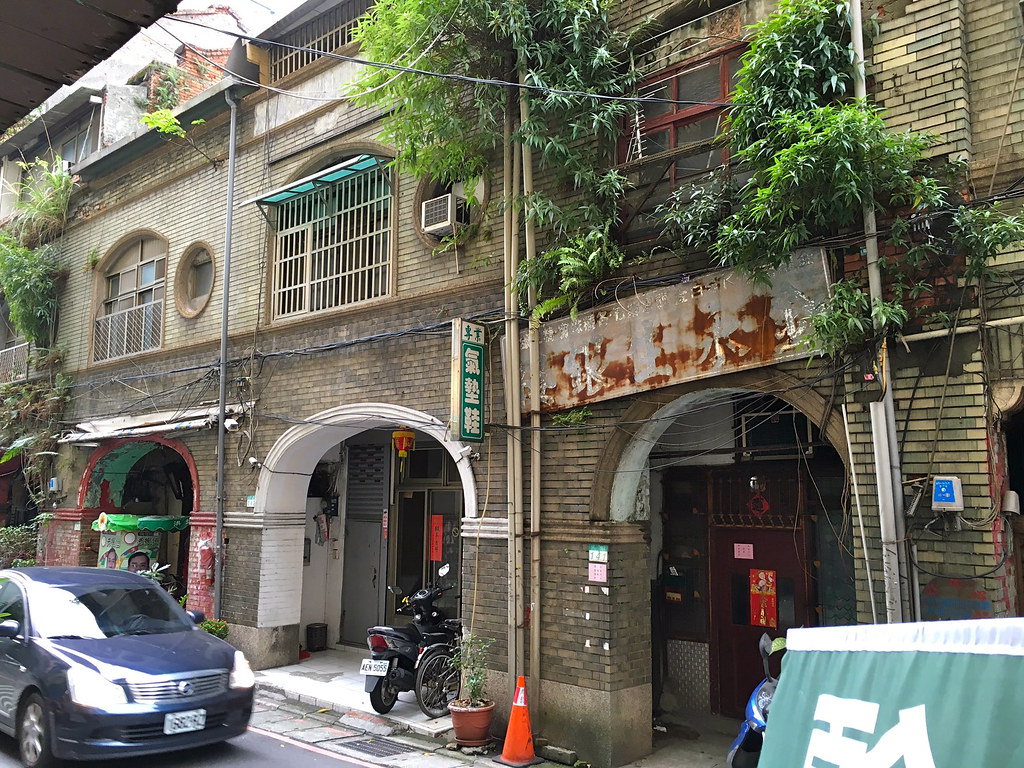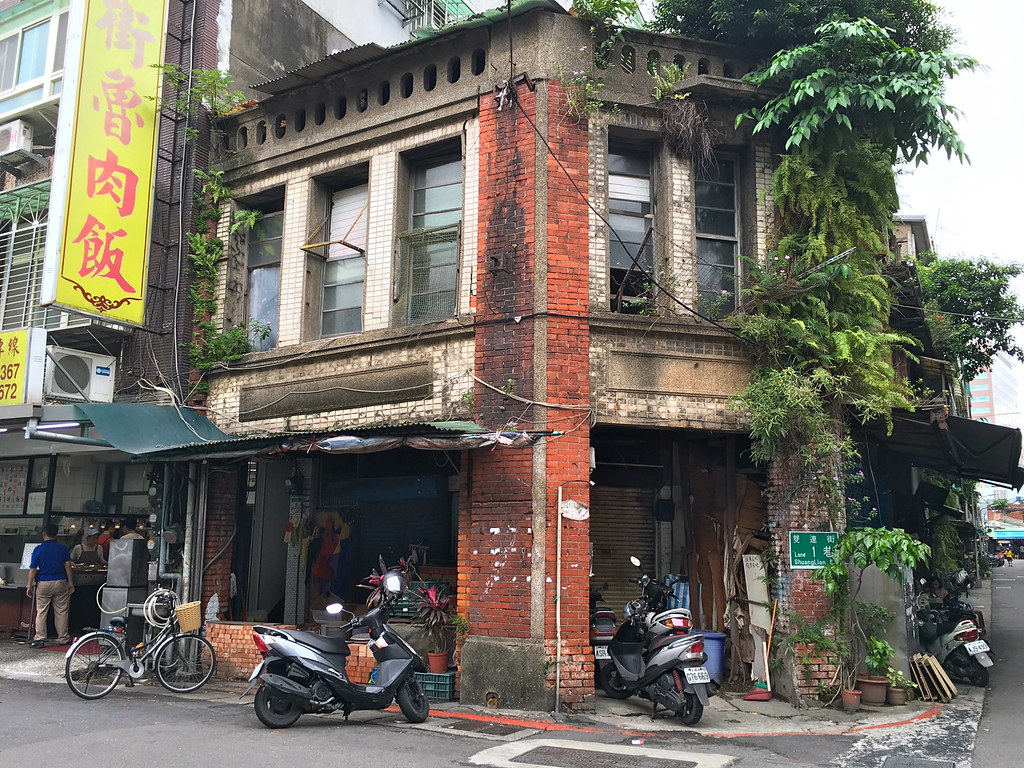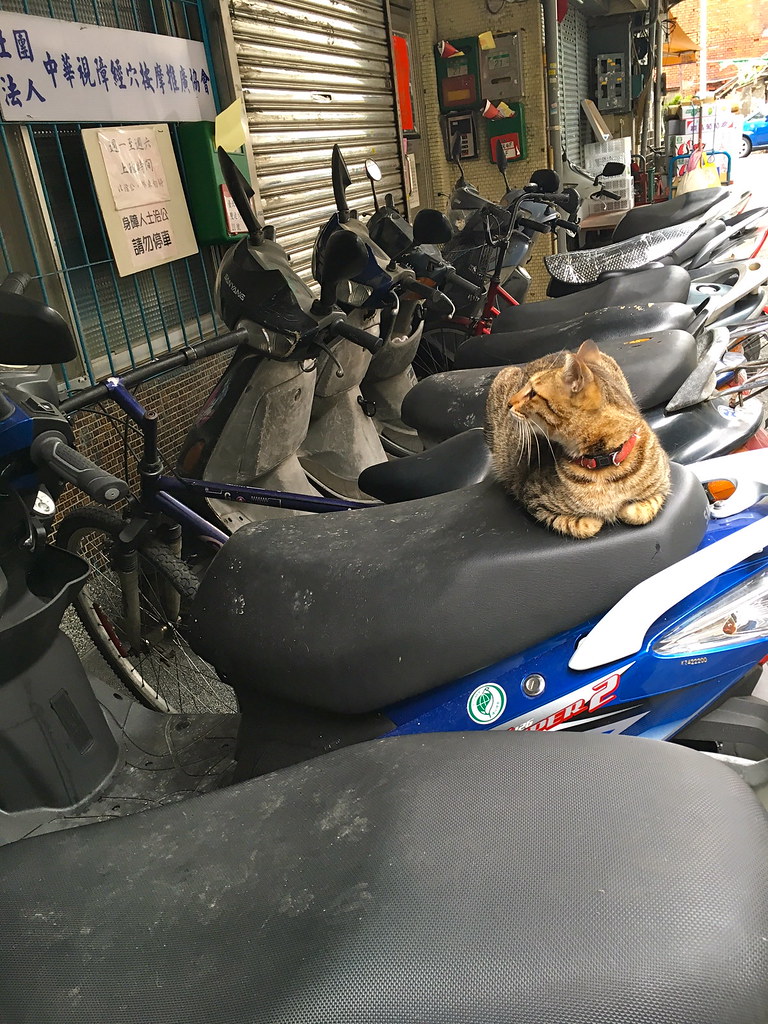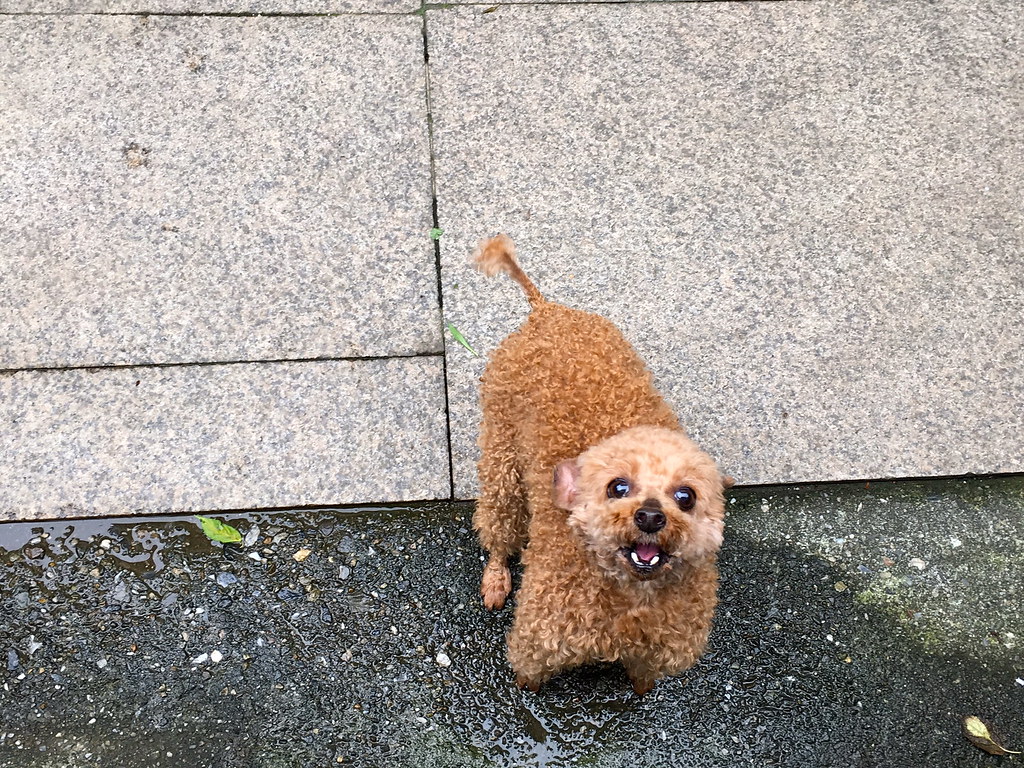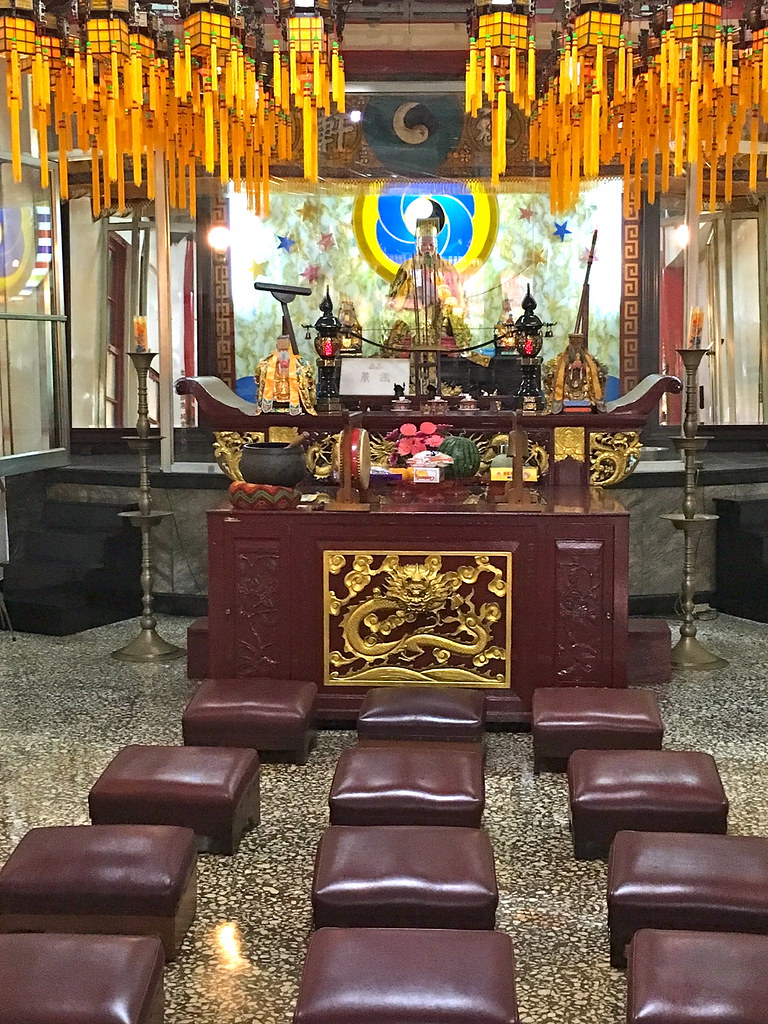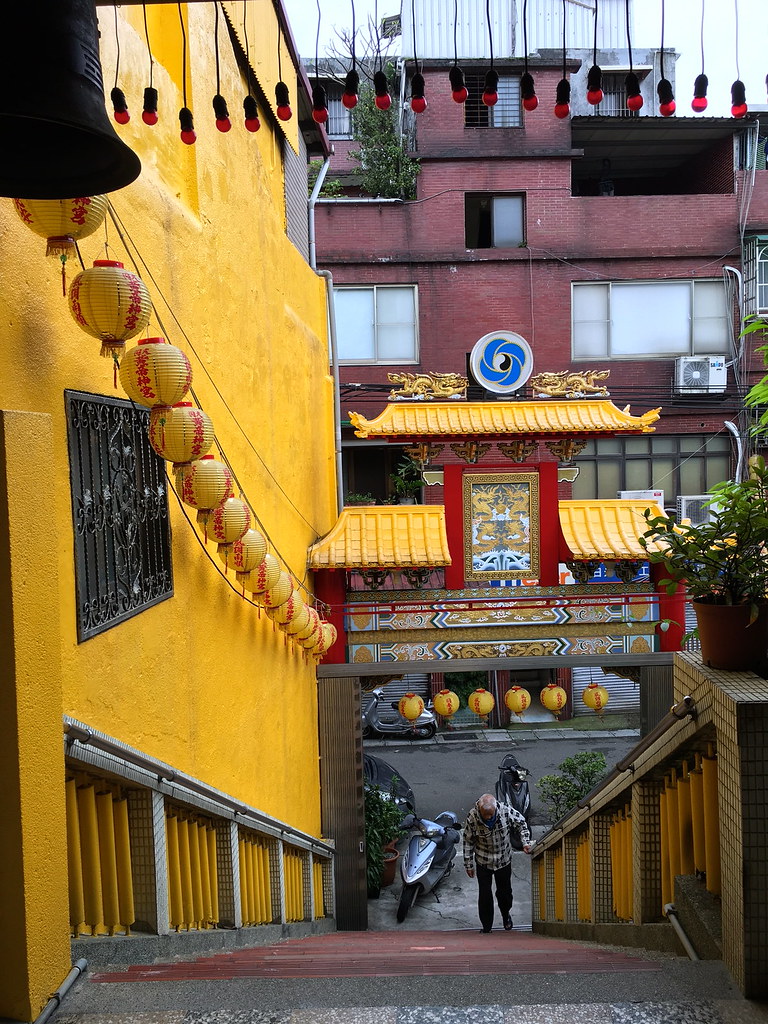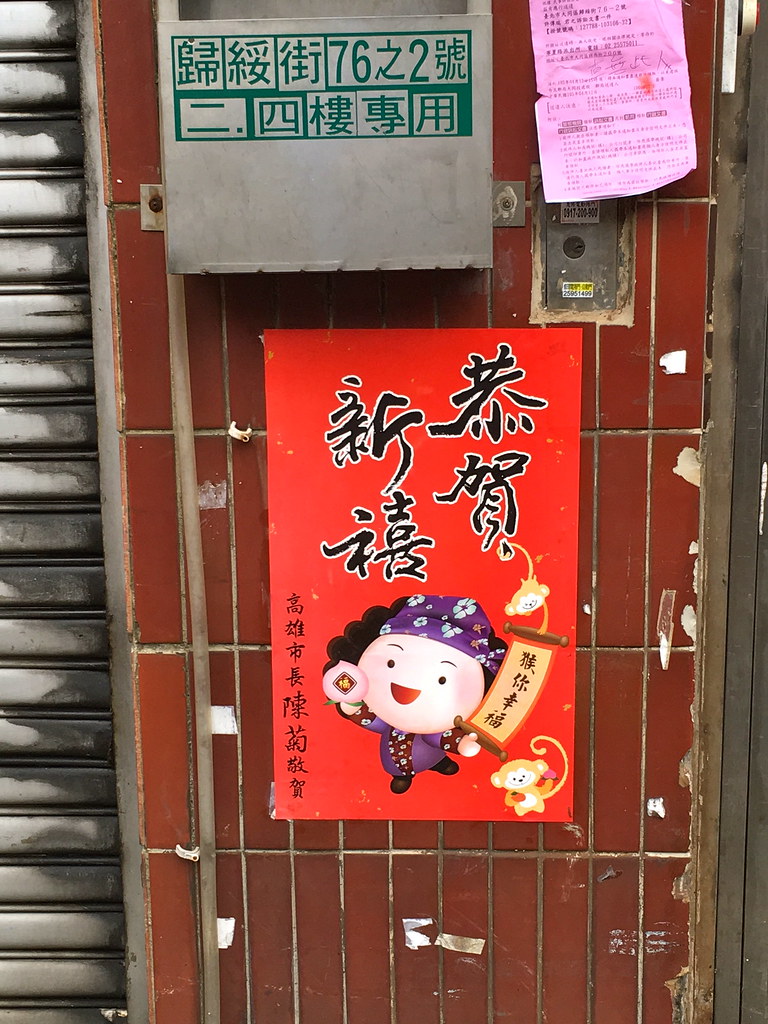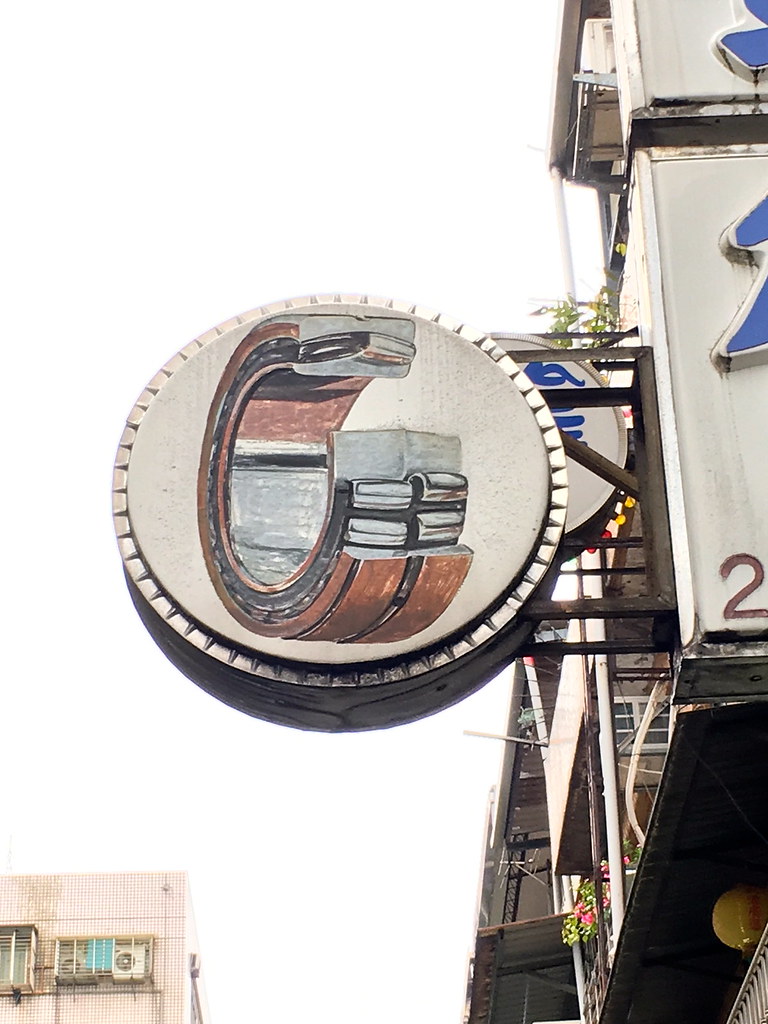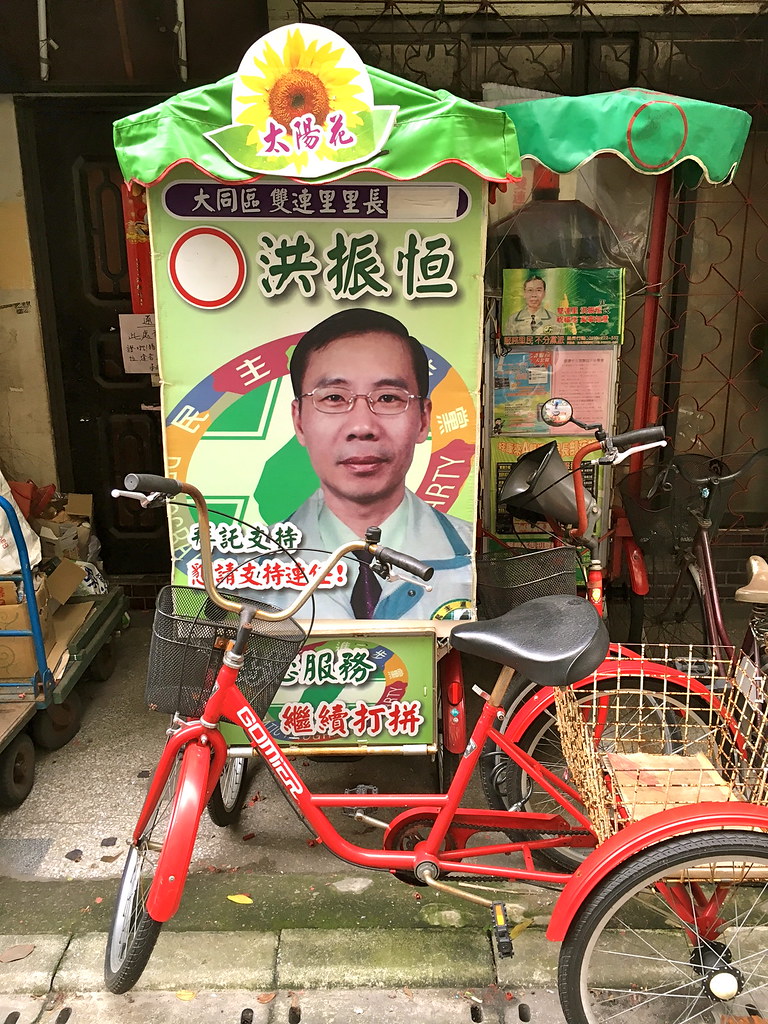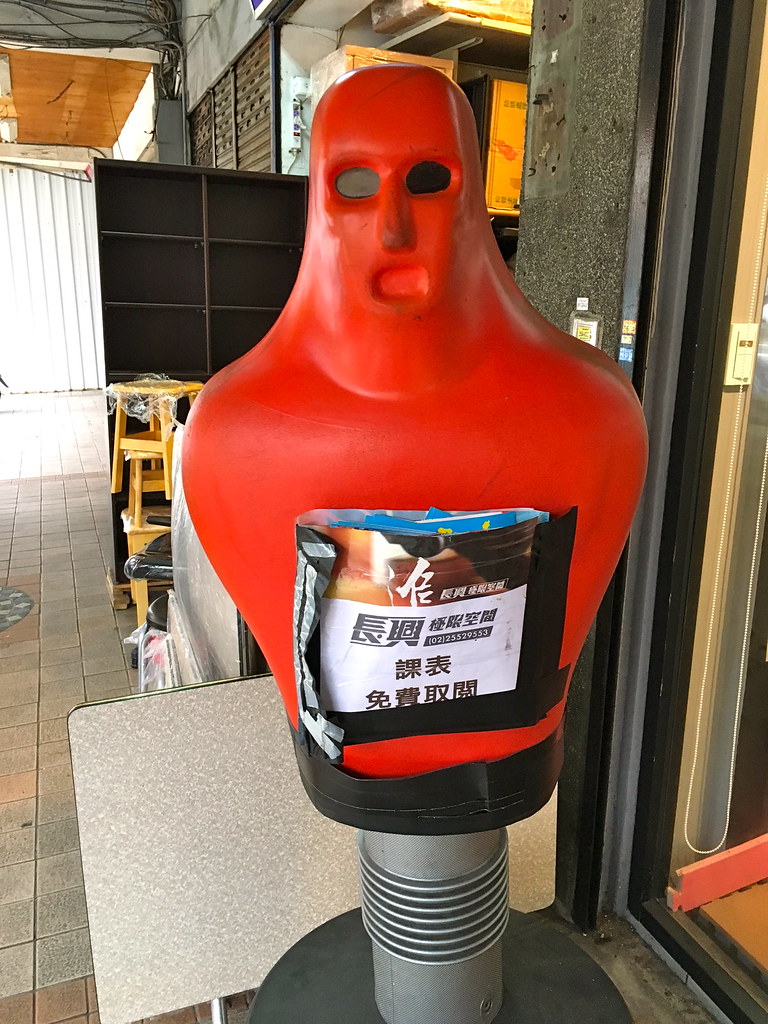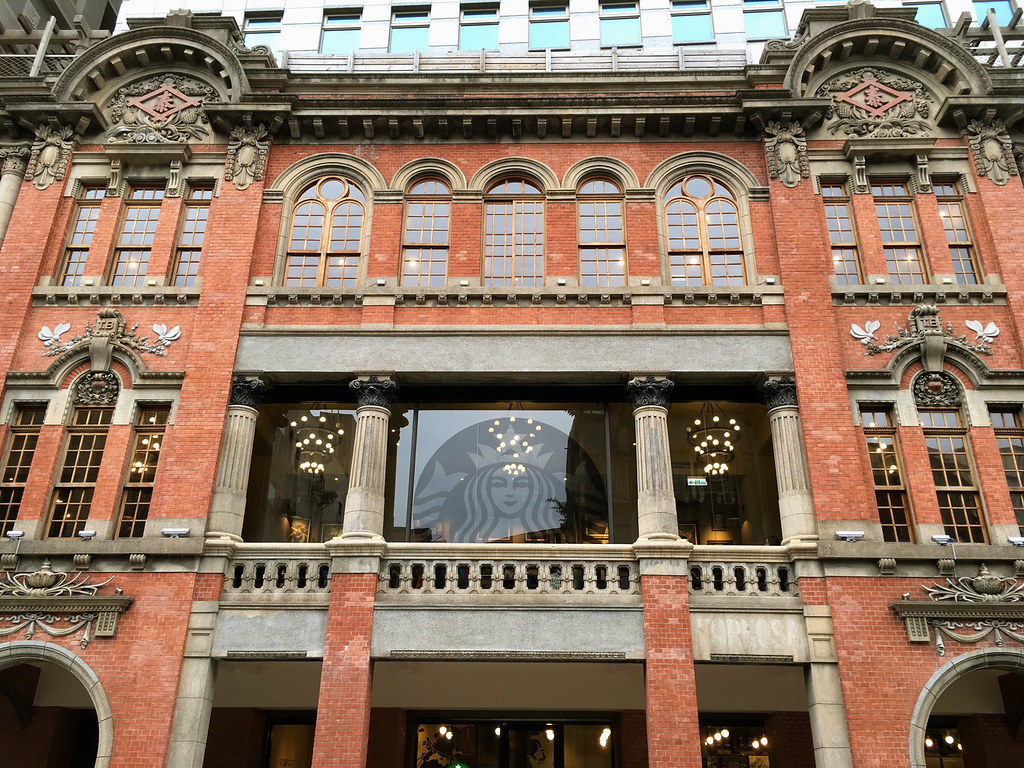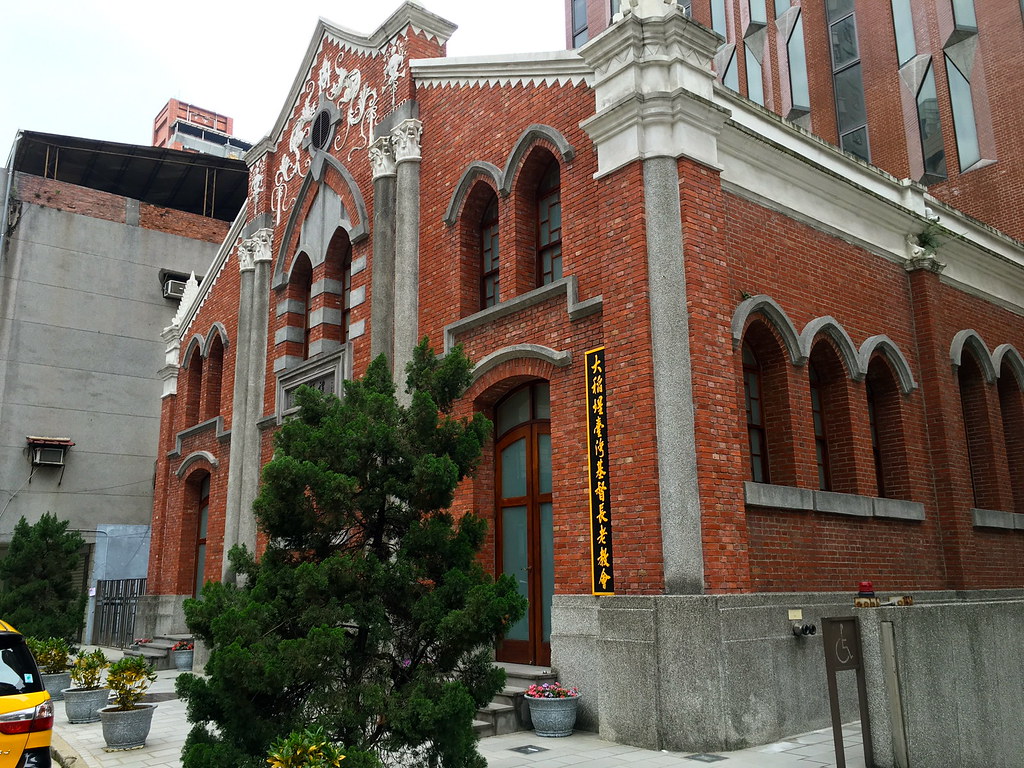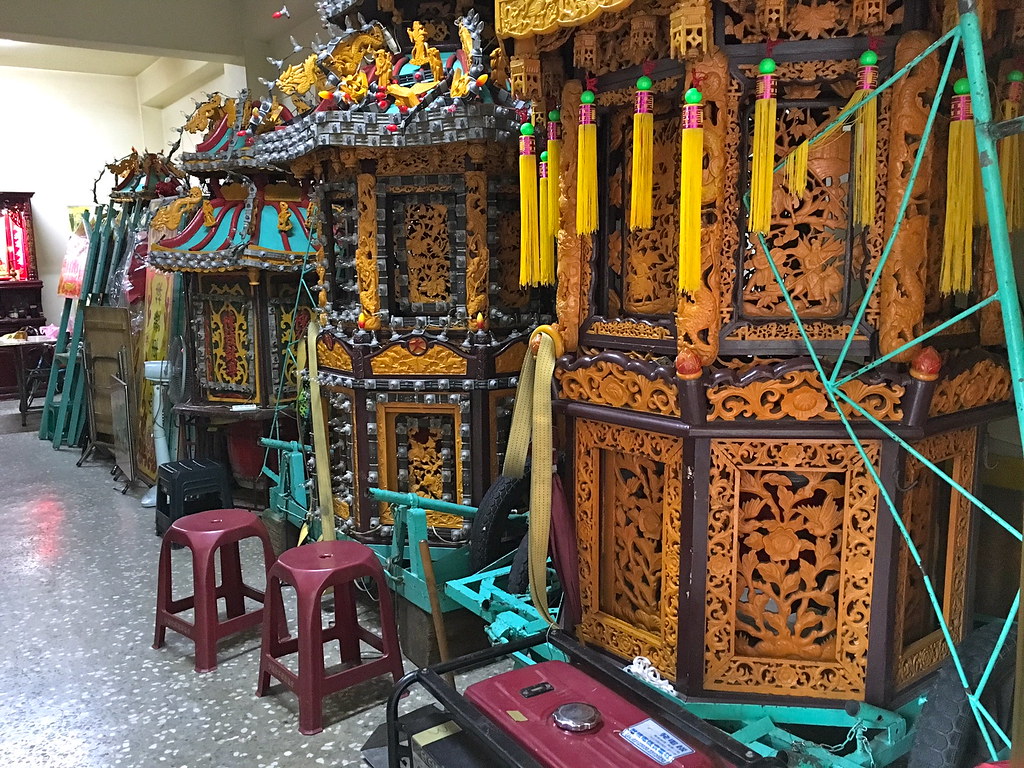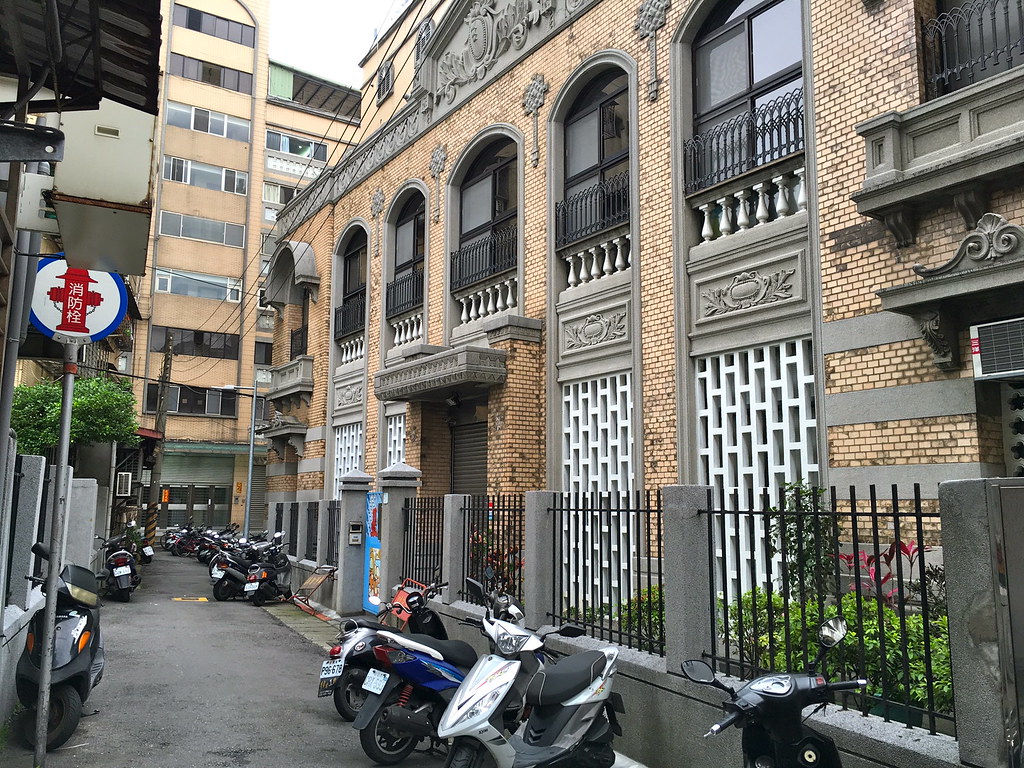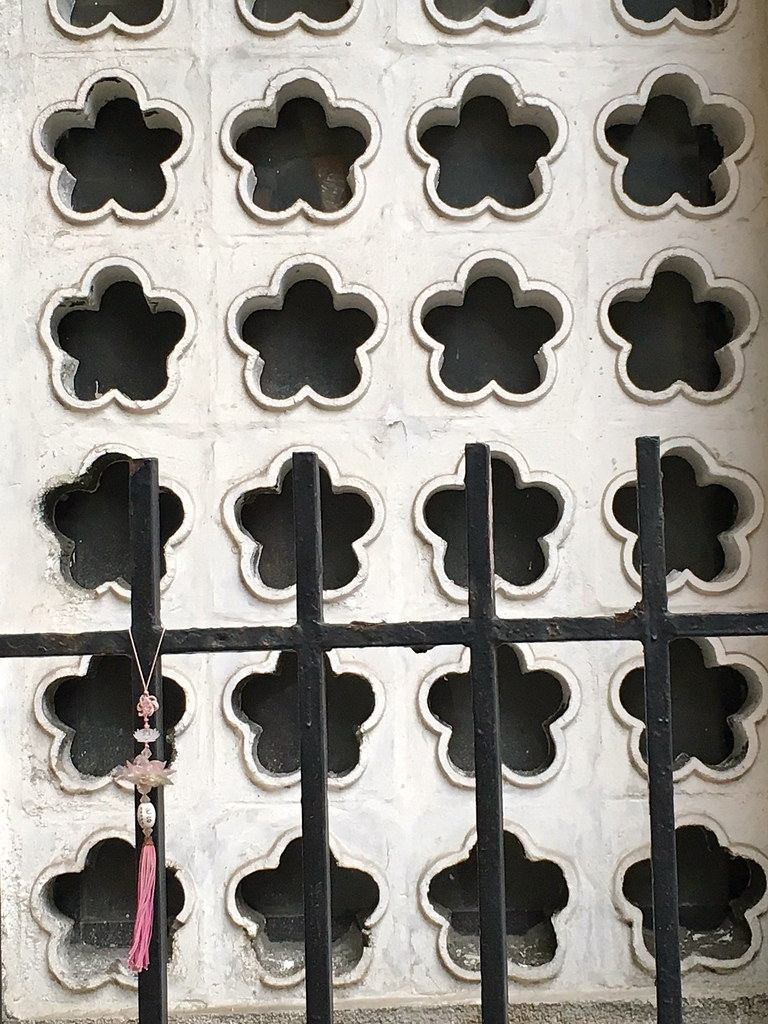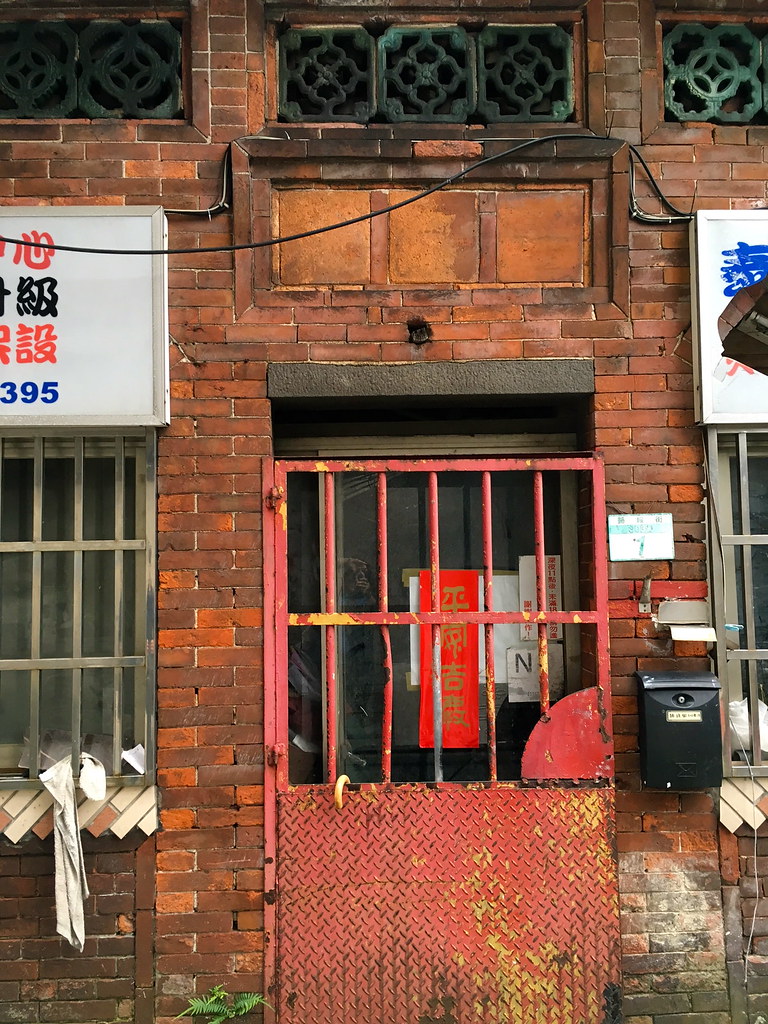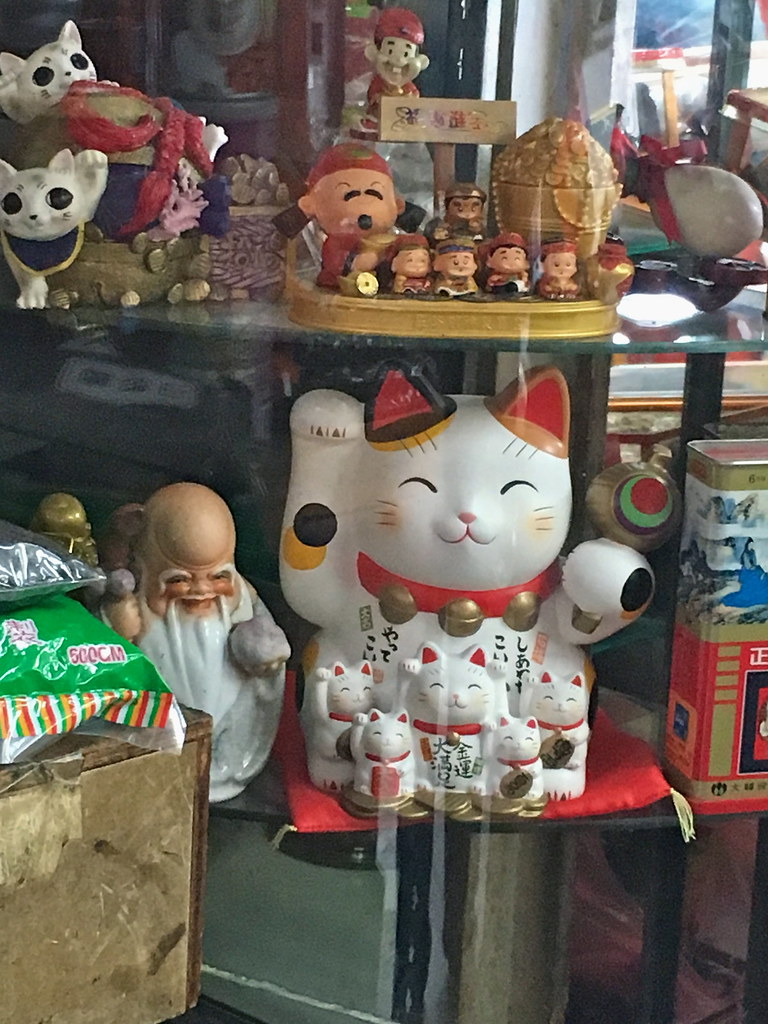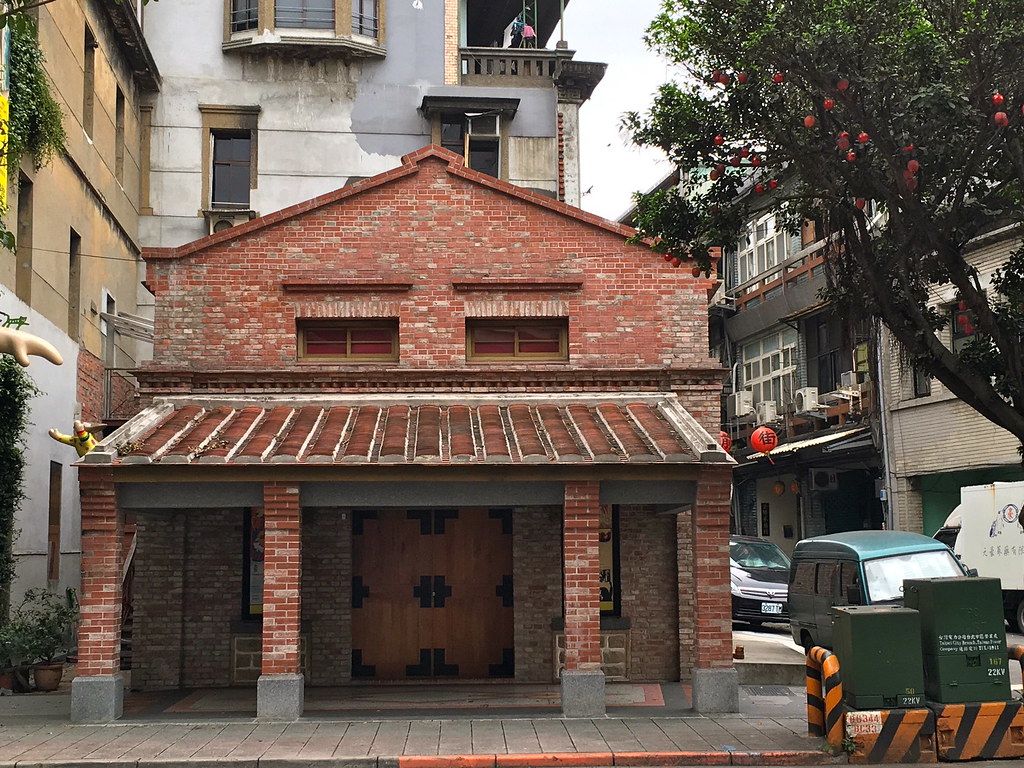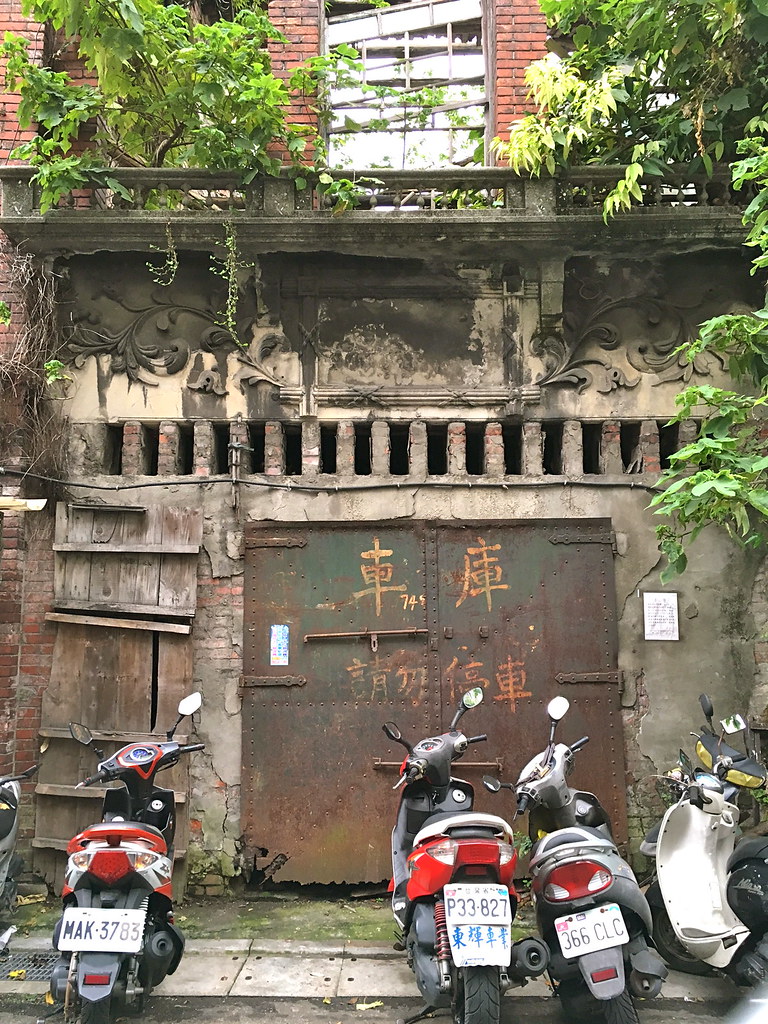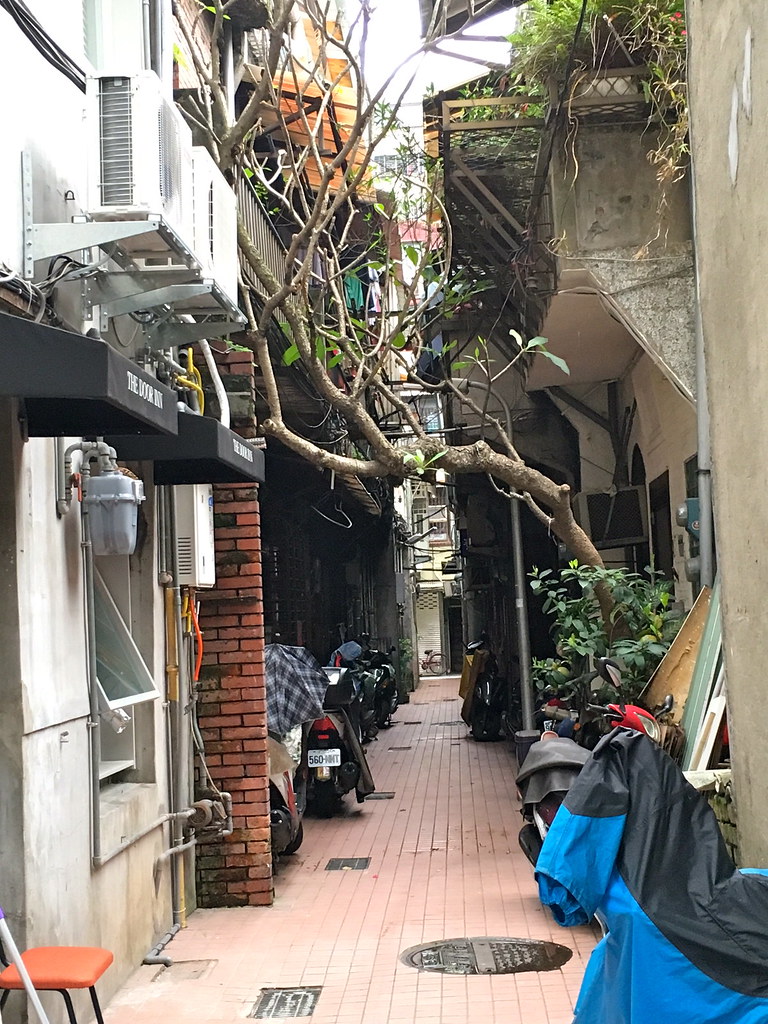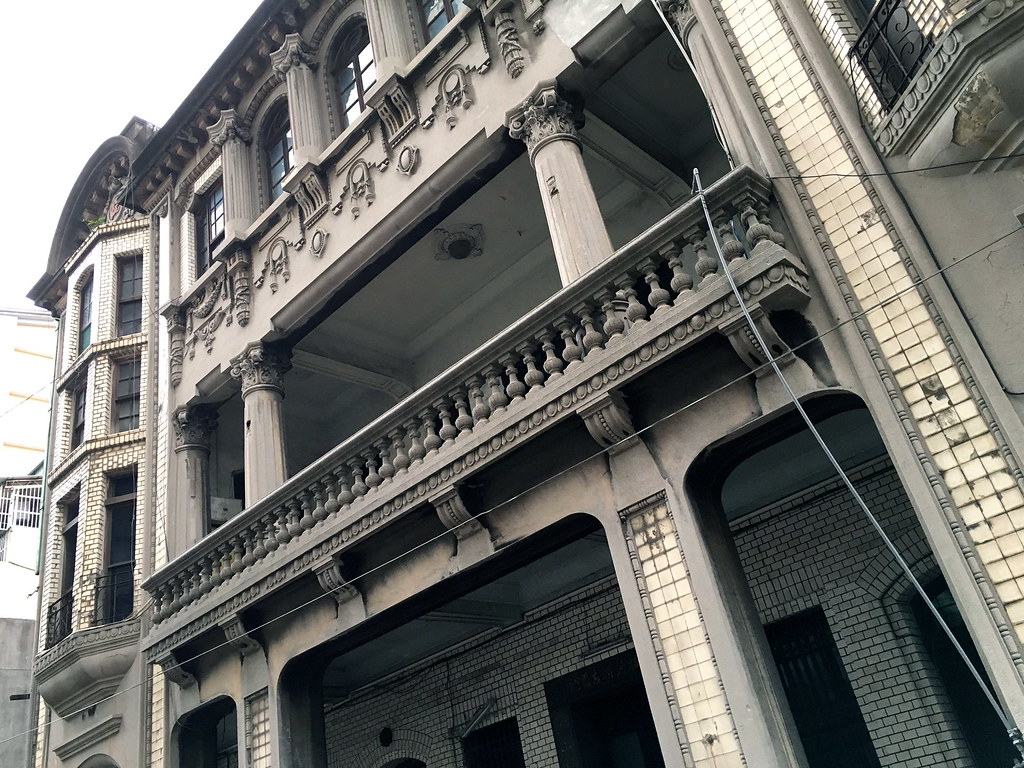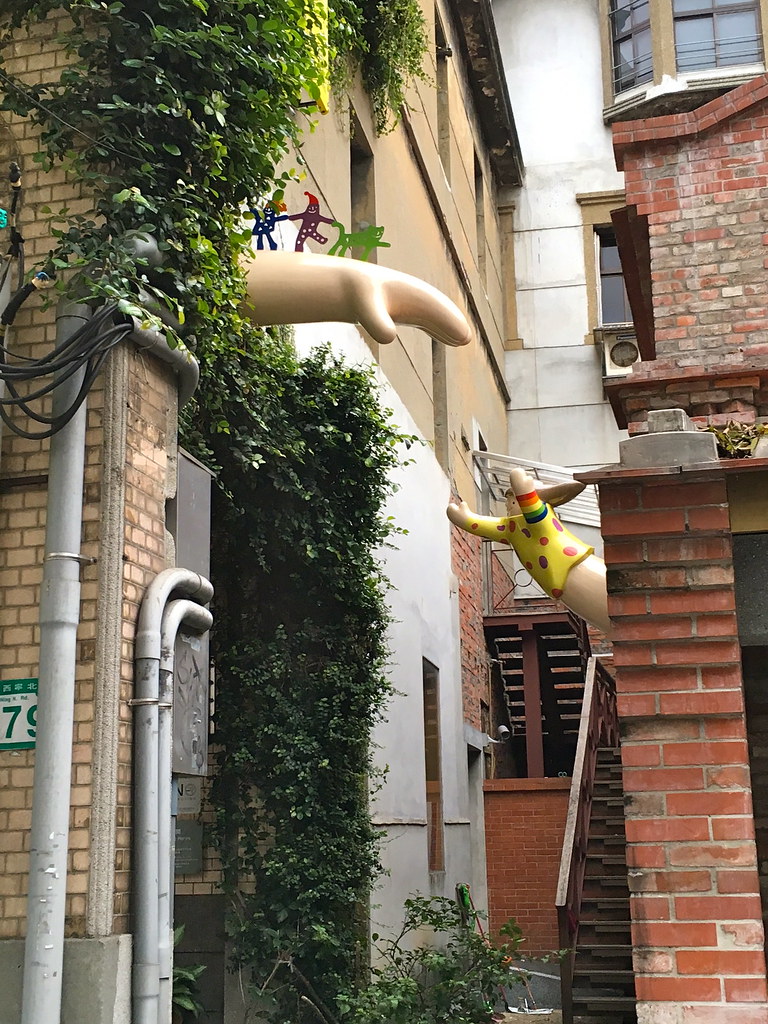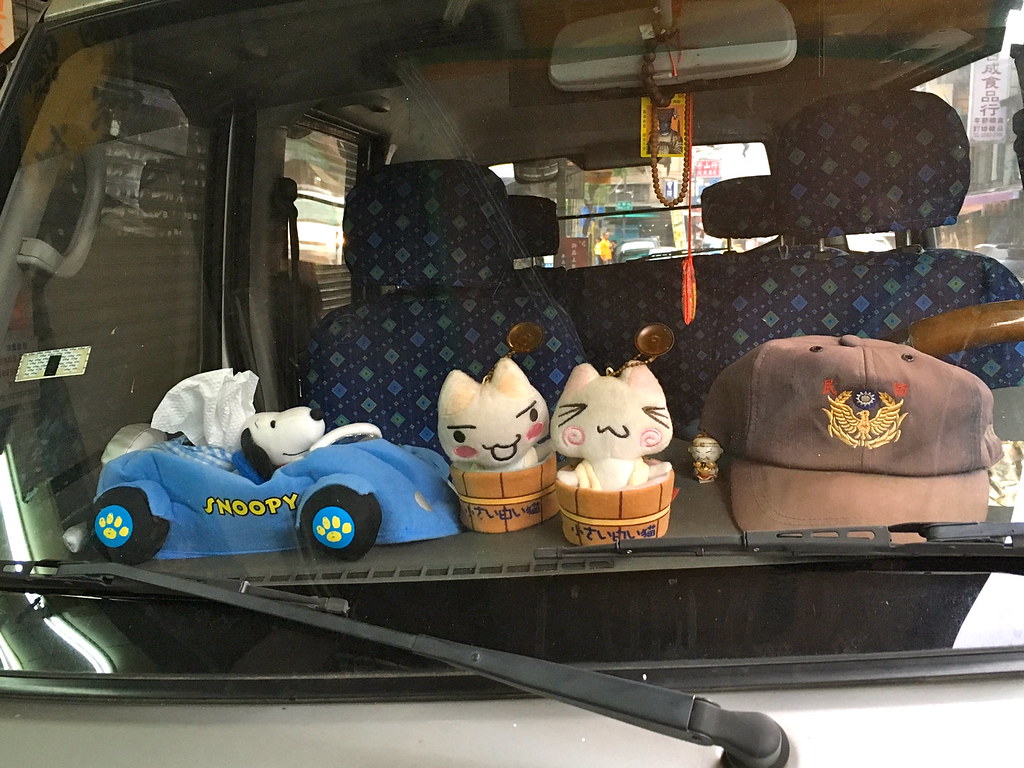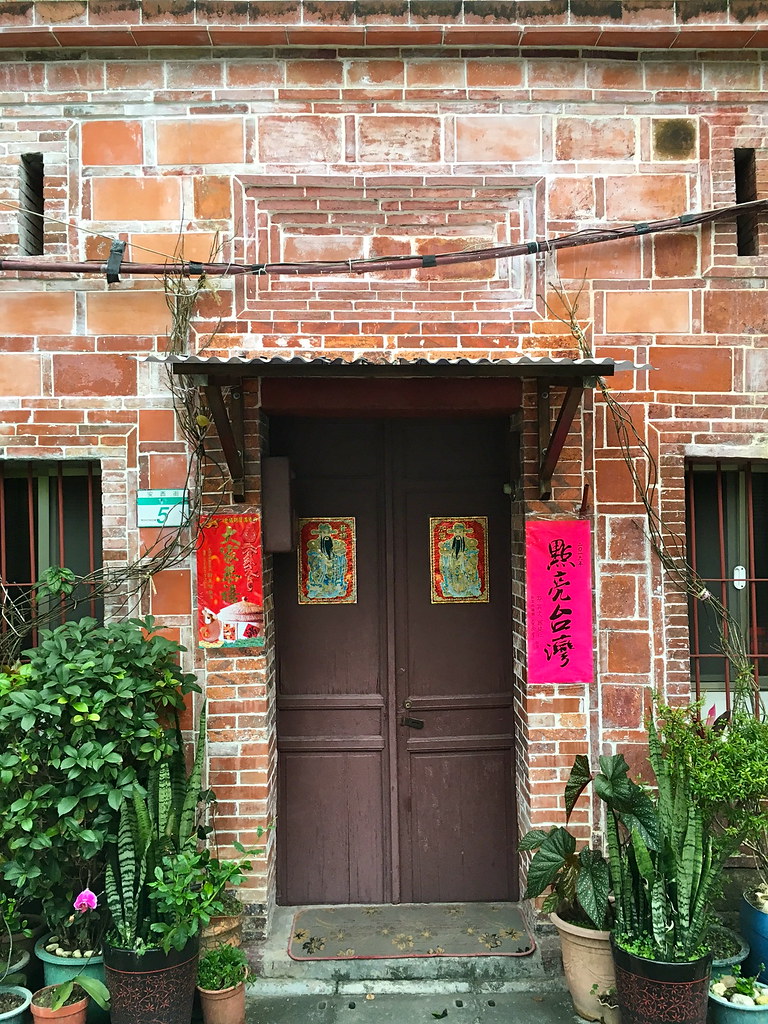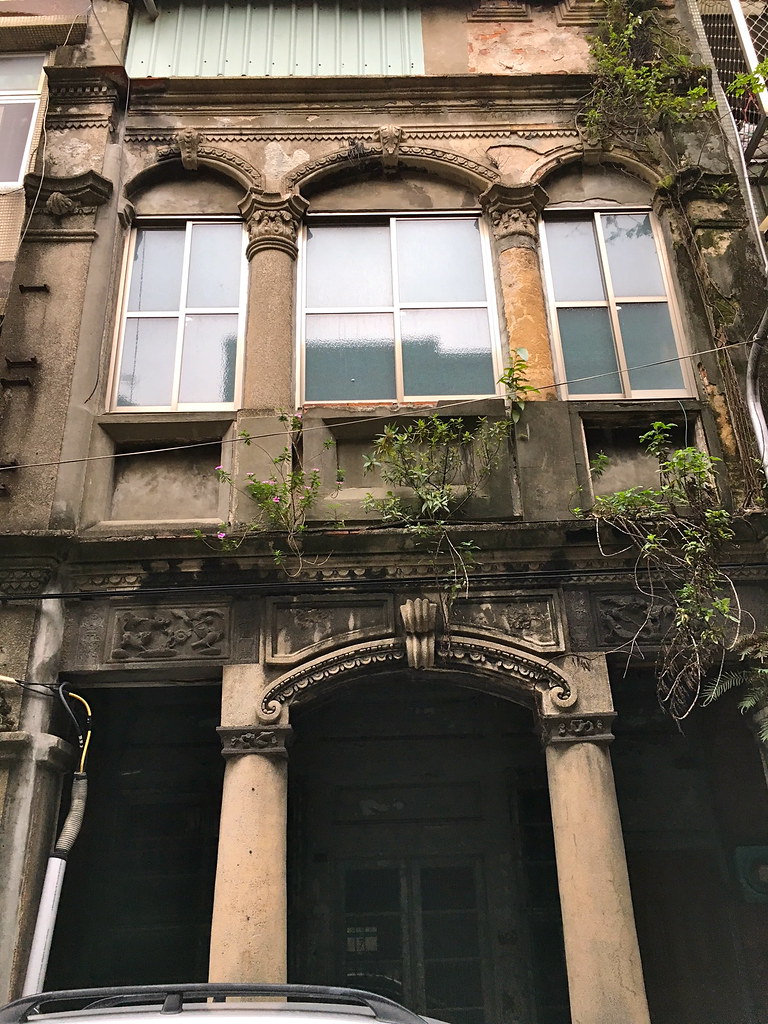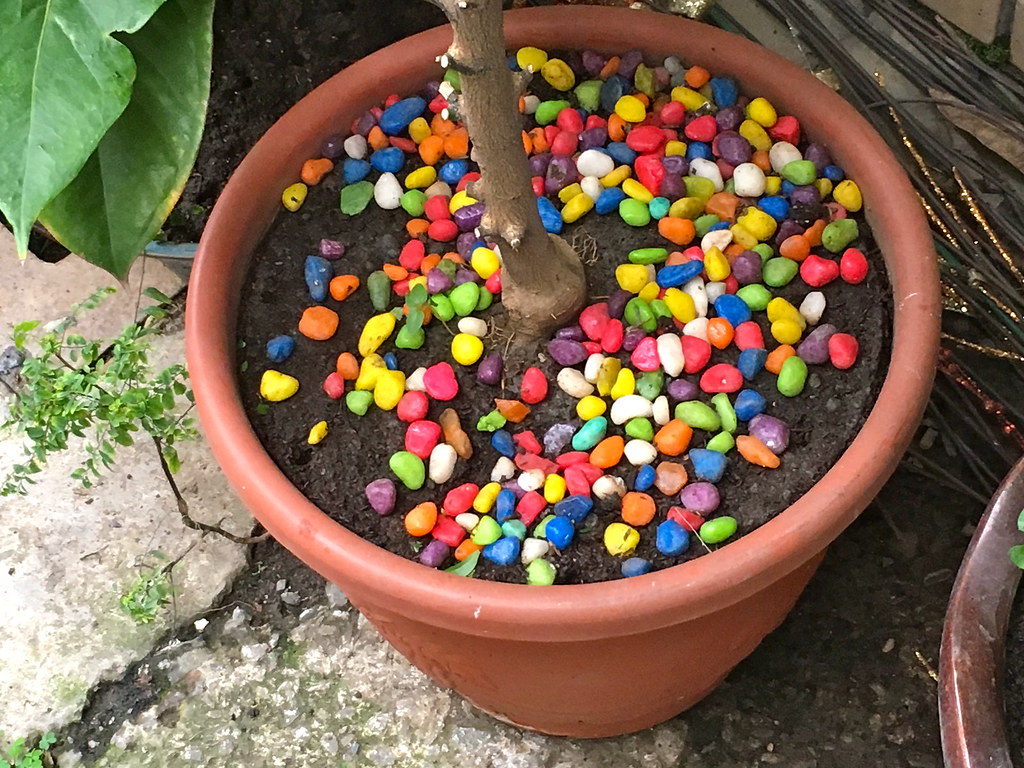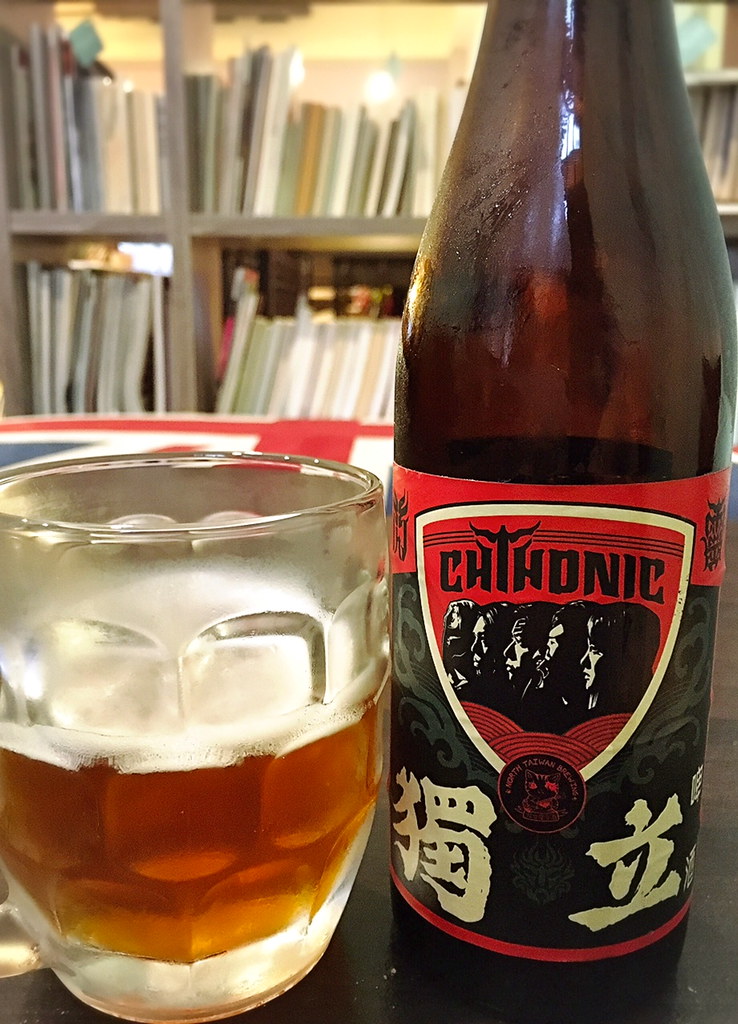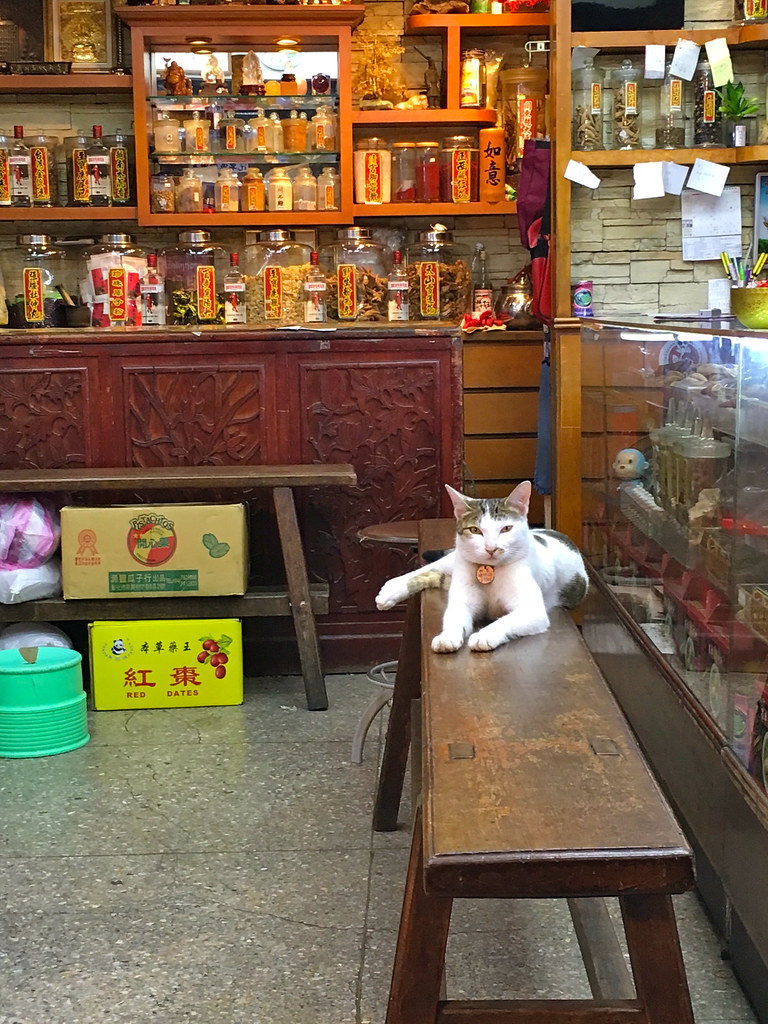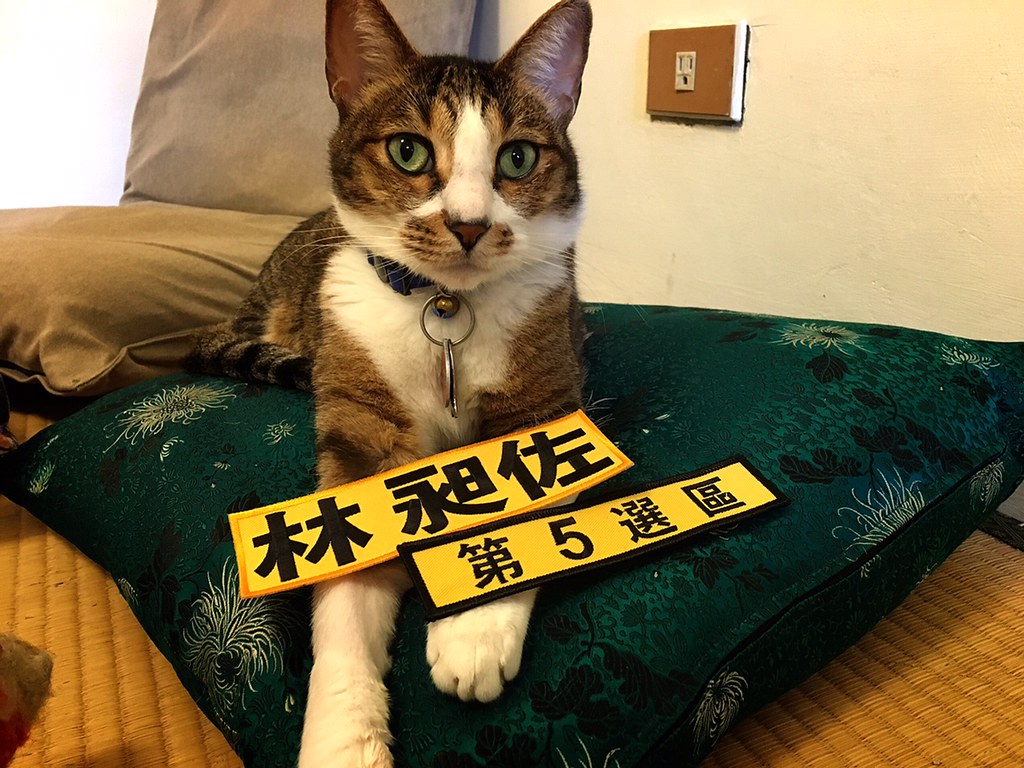
I may not have Taiwanese kiddies, but I do have Taiwanese kitties.
There are two things that are complicated to approach as a liberal foreigner who watches Taiwanese politics (especially through a non-expert lens, such as myself): which party to support, if any - certainly many Taiwanese have yet to find a party that appeals to them - and how to essentially support localist, to an extent "populist", movements.
Until the inception of the New Power Party, feeling a bit uncomfortable about the centrist rhetoric and general corruption (though not nearly as bad as the corruption of the KMT), not to mention the seeming incompetence at pushing their own platforms and ideas rather than simply reacting to KMT initiatives, I tenuously, uncomfortably, supported the TSU (Taiwan Solidarity Union). I liked their straightforward clarity of thought in the idea that Taiwan is not a part of China and this is just a logical conclusion based not only on history but on the reality of Taiwan's current situation and general public will. Their very rational pointing out of the fact that Mandarin was never the native language of Taiwan - it was forced on the Taiwanese by the KMT, who, when they came here were more of a colonizing force flanked by quite a few political refugees, but then took over the place and acted as though they had the right to rule despite nobody in Taiwan having much desire to be ruled by them. What is an unwelcome occupying force? A colonial one. Duh. Their noting that transitional justice simply has not been adequate, and many Taiwanese families still do not know what happened to their ancestors in the White Terror and martial law era.
All very clear, all very obvious.
But I never quite felt comfortable with my own support, because while at various protests and events the TSU had always been welcoming to me, there was a distinct underlying impression that many of their supporters did secretly believe in the idea of Hoklo nativism and tended, with their "Taiwan for the Taiwanese" (implication: Taiwanese = Hoklo) rhetoric, to drive away other groups in Taiwan , like Hakka and the various aboriginal groups, who might have otherwise tended to agree with their pro-independence platforms. I'm sure some of this is KMT propaganda, but that aside, reading their own literature, from the TSU as a source, also carried this impression.
I guess I always wondered if their "Taiwan for the Taiwanese, let's all speak Hoklo" rhetoric, despite their friendliness to me, would eventually morph into anti-foreigner sentiment in general. I'm a foreigner. How can I possibly feel totally comfortable with that?
So when the NPP (New Power Party) came along, it was like a breath of fresh air. Finally, an unashamedly pro-independence party that is socially liberal as I am, has made worker's rights a central tenet of their party platform (though I feel $26K in their 'fight for 26K' is actually too low), an anti-death penalty, strongly pro-LGBT party I could really get behind, with the added benefit of being founded by student activists and other Third Force powers that I have supported in the past. Plus, they are nationalists in that they believe, without reservation, in de jure Taiwanese independence, but they are not isolationists in the sense that so many nationalist parties are (from their platform: The New Power Party advocates that Taiwan actively participate in international society, that it should uphold conscience and defend human rights and justice more, and that it should carry out its international responsibilities.)
Finally, a party I can fully support, right?
Well, I'm still not so sure.
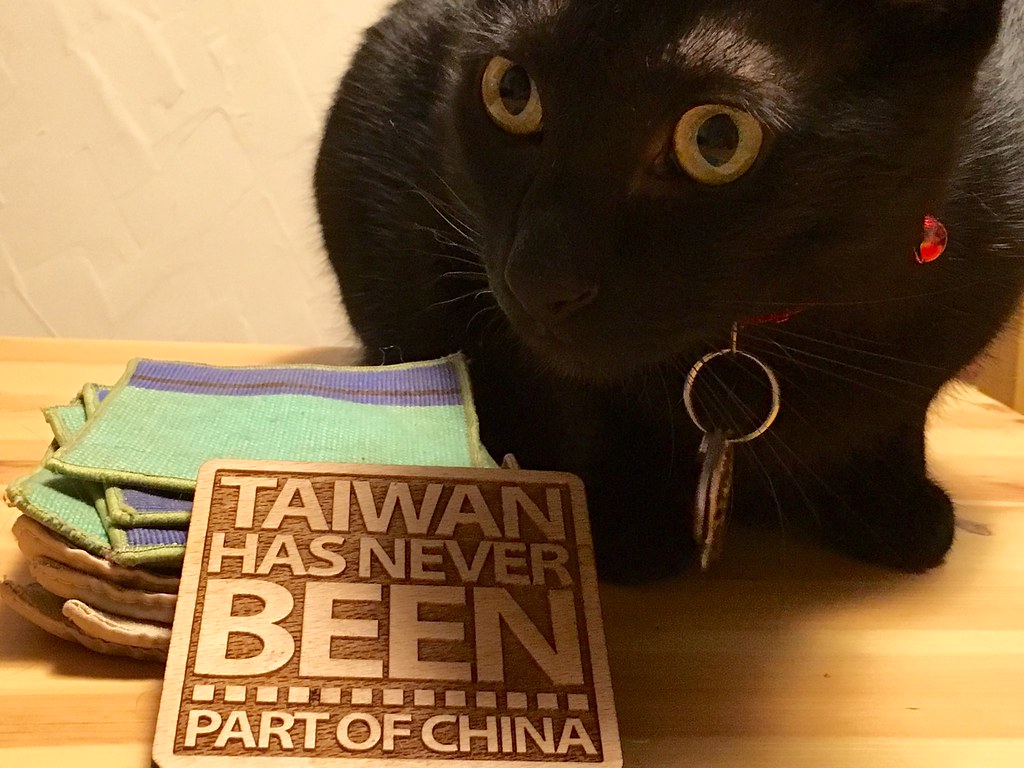
It has gone largely unnoticed, but the New Power Party is one of the groups resisting changes to the laws regulating foreign workers in Taiwan:
On top of that, loosening the requirements will play into the hands of employers who wish to maintain the current low salary structures. So far, several of the newly elected legislators, including the New Power Party (NPP) caucus, have publicly spoken out against the modified draft.
This is a bit of a blow - in that it blows quite a bit.
A few thoughts about the proposed changes to laws regulating, well, people like me. Foreigners. First of all, this sort of sentiment bothers me in similar ways to my not-unconditional support of Bernie Sanders. Sanders too, and many left-wing populists like him, seems to think that easing immigration restrictions drives down salaries, despite little evidence that this is actually the case and some evidence that it is, in fact, untrue. From the Washington Post article:
Today, he likes to talk about his opposition to it in humanitarian terms, calling guest-worker programs semi-slavery. But at the time, Sanders's public comments reflected on the economics of the program — specifically, his concern that bringing in guest workers would drive down wages for low-income Americans.
So, with my discomfort at Sanders touting - or having touted - an economic anti-immigrant platform that I don't support, obviously it would bother me the the New Power Party in Taiwan has taken up similar rhetoric.
Truly, we are not the ones driving down wages in Taiwan. We are right there with you, tryin' to earn a crust of bread through labor. To take an old cliche - why is the NPP pointing at foreign labor as a cause of stagnant wages? We are going after the same crumbs, yes, but look at your bosses, who took the whole damn cookie.
Honestly, the proposal to eliminate the minimum salary requirement and the onerous hiring requirements is a no-brainer, because Western white collar workers won't take less than what the law regulates anyway unless they have a reason not to, and even non-Western white collar professionals from, say, the Philippines or India, do expect international-level salaries. I doubt anyone in that segment of society, even from considerably less wealthy countries, went through a long education to become a professional only to take low pay in Taiwan. The folks who want to see restrictions eased don't want to accept stagnant pay any more than Taiwanese citizens do!
The few that would take such pay cuts or who would need to get a job without having the requisite Master's degree or two years' documented experience in the field are not that great in number and are not much different from local Taiwanese. They are not going to undercut locals - they're just not. They don't want to. They aren't quite me - I am an English teacher and corporate trainer by profession and with an APRC the rules don't quite apply to me. But, they are people like, say, a twentysomething who wants to live here but not teach English, and yet struggles to find a non-teaching job because the law keeps many firms from hiring people like her. Who isn't trying to take what Taiwanese have but rather just wants to build a good life for herself, and loves living in Taiwan.
It feels unnecessarily draconian towards an economic end that hasn't been shown to actually be a problem, and oddly self-destructive for the New Power Party for two reasons:
The first is that they themselves support greater international participation for Taiwan. Allowing more foreigners to come here and work without having to teach English (or wait until they are established enough in their fields that the low salaries on offer in Taiwan do not appeal to them) is a great way to do that. It would certainly help alleviate the feeling that Taiwan is a professional backwater.
The second is that, hey, young liberal twentysomethings - which is who most of these new workers would be - are natural allies to the New Power Party! The majority of them are the sort of workers-rights-loving, LGBT-friendly, anti-death-penalty, environmentalist, Taiwan-loving progressives that the New Power Party would be wise to court, if not for their votes (we can't vote) then for their international presence and ability to use soft power to share the cause of Taiwan with the world.
How better to raise the profile of Taiwan in the international sphere than to make it easier for this demographic of young folks to come, work here, fall in love with Taiwan and then go home raving about what a great country it is? How it is not China and deserves more from the world?
In short, we are natural political allies, NPP. Please don't do this to us. Don't throw us under the bus when we're not the ones who are taking the Taiwanese workers' cookie.
Set your sights instead on the bosses, business owners and powers-that-be who are taking your cookie.
Another reason this is problematic is that it diminishes hope for wannabe-permanent immigrants like us who are not sure we can stay forever simply because there is no viable path to citizenship for us (which is again done purposely, and is again extremely racist as the government allows its own citizens to have dual citizenship), and a lack of citizenship causes problems in our daily lives that may cause many to decide to leave. As I've written, we may be among that cohort someday.
Why should this matter?
Well, both the Taiwanese independence movement and the Third Force/student activist/New Power Party have been accused of being 'populist' - that they channel not only grassroots anti-elitist - in this case anti-KMT - sentiments (an essential component of populism) but, as an inevitable outcome of that, nativist anti-foreigner - in this case anti-China - sentiments. That they are extremely localist to the point of wanting 'Taiwanese independence' along the same lines as UKIP's "Britain for the British" or Trumpian "Build That Wall!" rhetoric.
First, some thoughts about populism. It's definitely got a bad reputation these days - think THEY TOOK OUR JOBS-style anti-globalization, pro-isolationist right-wing anger. But the original term "populism" comes from the idea of "from the people", and doesn't necessarily have to mean everyday people and Joe the Plumber types being anti-foreigner. That's right-wing populism, but the term itself has several possible definitions, including left-wing populism which only really shares a strain of anti-elitism with other versions but otherwise tends to appeal to a socialist sense of community and shared resources.
Yet, if you perhaps think that being a part of the UK isn't the best thing for Scotland but are not necessarily an isolationist/splittist/anti-foreigner type, or you think maybe the EU isn't quite working for you as a country but are otherwise more or less a socialist, or think that Taiwan ought to be de jure independent from China but don't see that nationalism as being anti-China but rather pro-Taiwan, you tend to get lumped into the right-wing populist camp by critics, whether you belong there or not.
And I don't think Taiwan belongs there. I really don't.
It also bothers me that left-wing and right-wing populists share not only an anti-elite establishment bent, but also an anti-immigrant bent. The latter based on ethnocentric zealotry of which only one component is "THEY TOOK OUR JOBS", the former based only on an economic argument that has no real basis of proof.
It is possible to be in favor of creating your own nation - in favor of self-determination in fact - but not an ethnic zealot nor an anti-foreigner isolationist. To recognize that perhaps free trade isn't always the best idea economically, that labor needs a fair shake, but to recognize that immigrants are decidedly not the problem. This is where I feel Taiwan's future is.
There aren't many countries or territories in Asia that have managed to build nations without an ethnic foundation - I can only think of Singapore and Hong Kong off the top of my head as being truly internationally diverse (others, such as Indonesia, Burma and India, are multi-ethnic but all ethnicities are local). You don't have to be Malay or Hokkien to be Singaporean, and you don't have to be Cantonese to be Hong Konger (although the Chinese government has something to say about that, wanting only people of Chinese ethnicity to be Chinese citizens and creating a problem of statelessness in Hong Kong).
I know I can never 'be Chinese', nor would I want to be. That's an ethnicity, and I am not ethnically Chinese. But there are countries - mostly Western ones - where you can 'be' that nationality without having to be a certain ethnicity. I do wonder, however, if I or someone like me could ever 'become Taiwanese' the same way one can 'become American', not only in official name (it is possible, just often insurmountably difficult, to get ROC citizenship) but also in the public consciousness. If Taiwanese doesn't have to mean Hoklo or "Han Chinese", if it can include aborigines and Hakka (whom I realize are technically Han, yes) and the children of Taiwanese with foreign spouses, can Taiwanese also mean, say, someone like me? Or, even more fittingly, a 'foreigner' who was born here? Could I actually live the 'Taiwanese dream', or is that closed to me because of my ethnicity?
I like to think that it could, and for every "you're a foreigner and you'll always be one even if you were born here", I feel like I meet someone for whom the "multiethnic diverse nation of Taiwan" idea is not only not crazy, but actually inviting. Who is happy to admit that Taiwan has had such a tumultuous history and is home to enough different kinds of people that being Taiwanese is a state of mind, not an ethnicity you are born with.
I like to think, anyway, that Taiwan might be something of a thought leader in Asia in this area. Certainly despite some setbacks it is a progressive nation by Asian standards.
This feels, to me, like a natural platform to support for the pro-international-engagement New Power Party, so again, it's disappointing that they're adopting the same problematic 'immigrants are a problem' rhetoric that a lot of lefty 'populists' really need to get out of their system. It certainly isn't going to come from the KMT (are they not the architects of the original anti-foreigner citizenship and worker laws?), the DPP doesn't seem particularly interested, the TSU, as above, is a bit too nativist, but I am actually surprised it's not on the NPP docket. If they're trying to differentiate themselves from the Taiwan = Hoklo reputation of the TSU, this is a great way to do it.
But getting over this "don't make it easier for foreigners, they're lowering our wages' hump seems like it's going to be a problem. If we can't even change the laws regarding who can work here as a foreign professional, how are we going to create a path to 'being Taiwanese' - to making it realistically possible to get citizenship and live here as regular adults and not eternal guests?
I want to wholeheartedly embrace the NPP...but again, as a foreigner who just wants a better life and isn't looking to take anything from Taiwanese, who is most definitively not holding the cookie that's been kept from local low-wage workers, I'm not sure I can. They don't seem to want to let me live the 'Taiwanese dream' any more than any other party, and it's a damn shame.
Do better.

